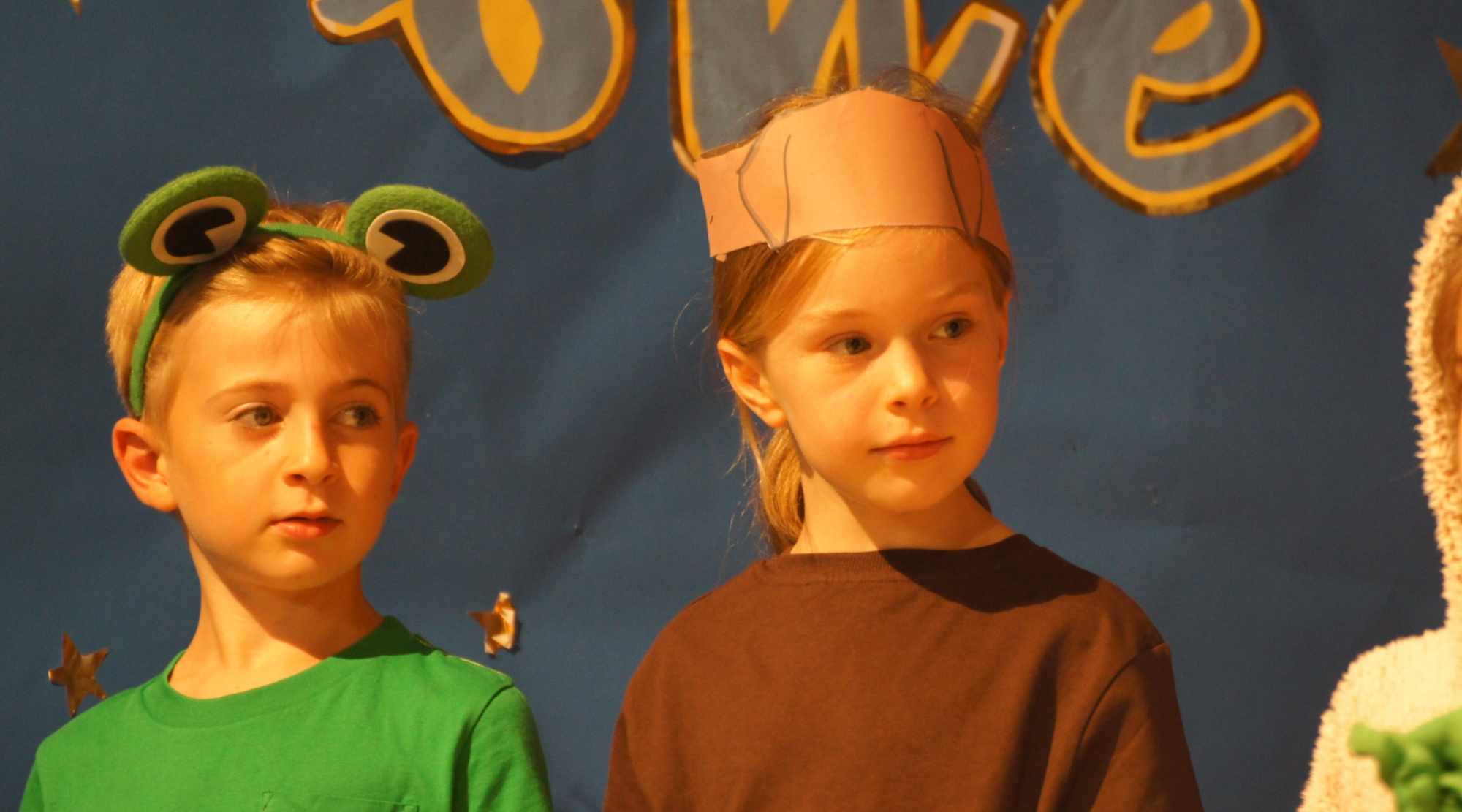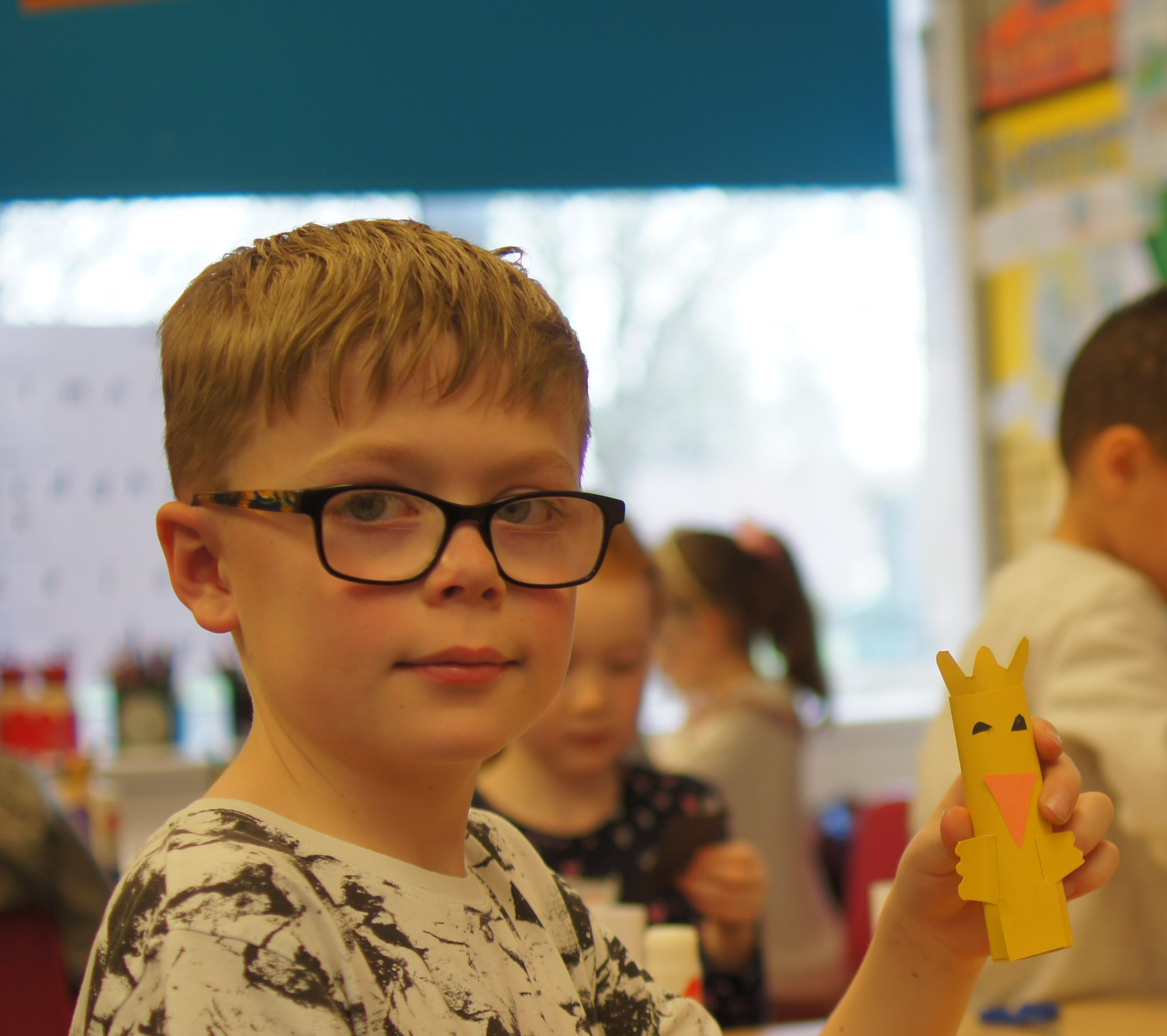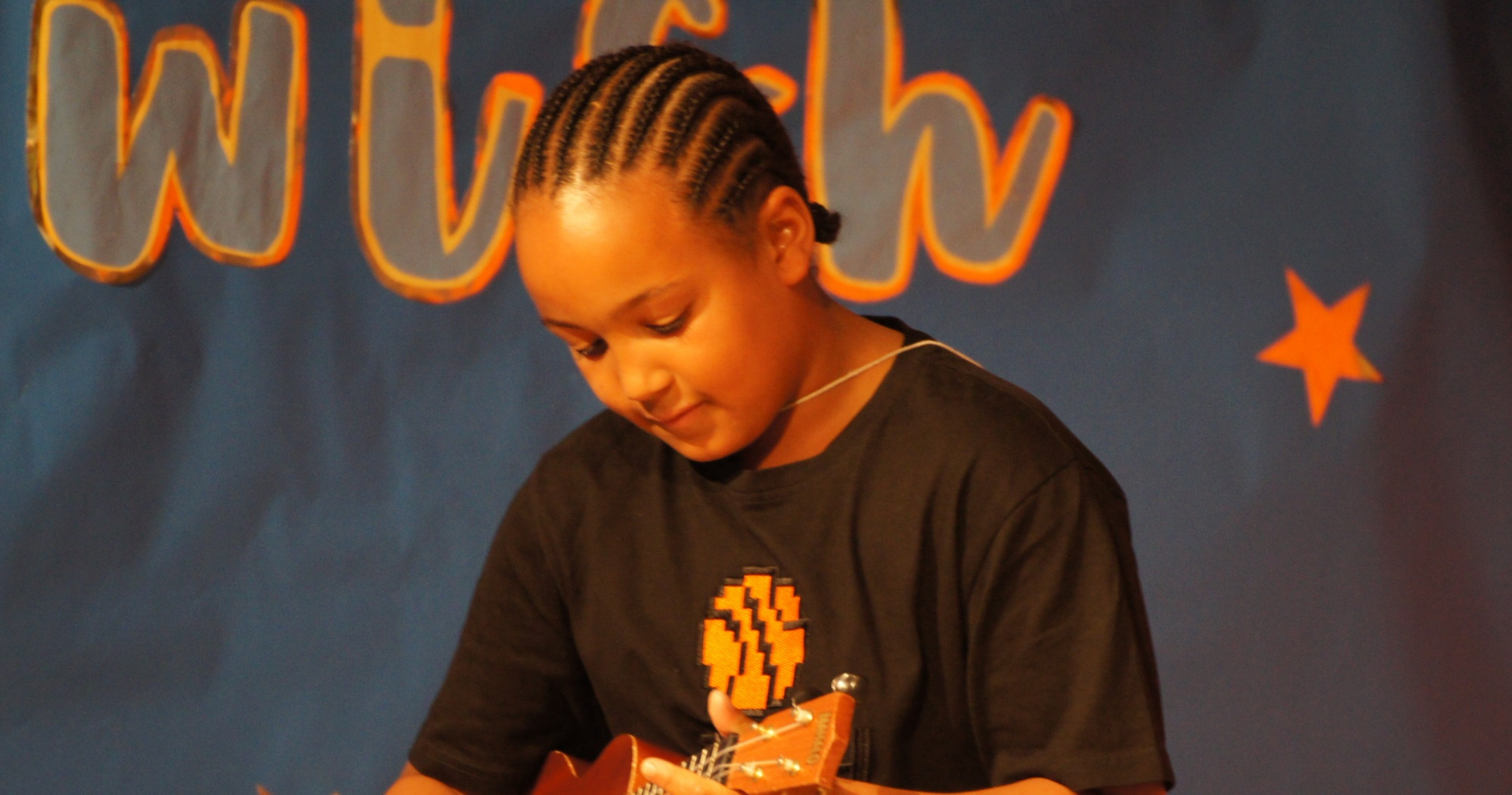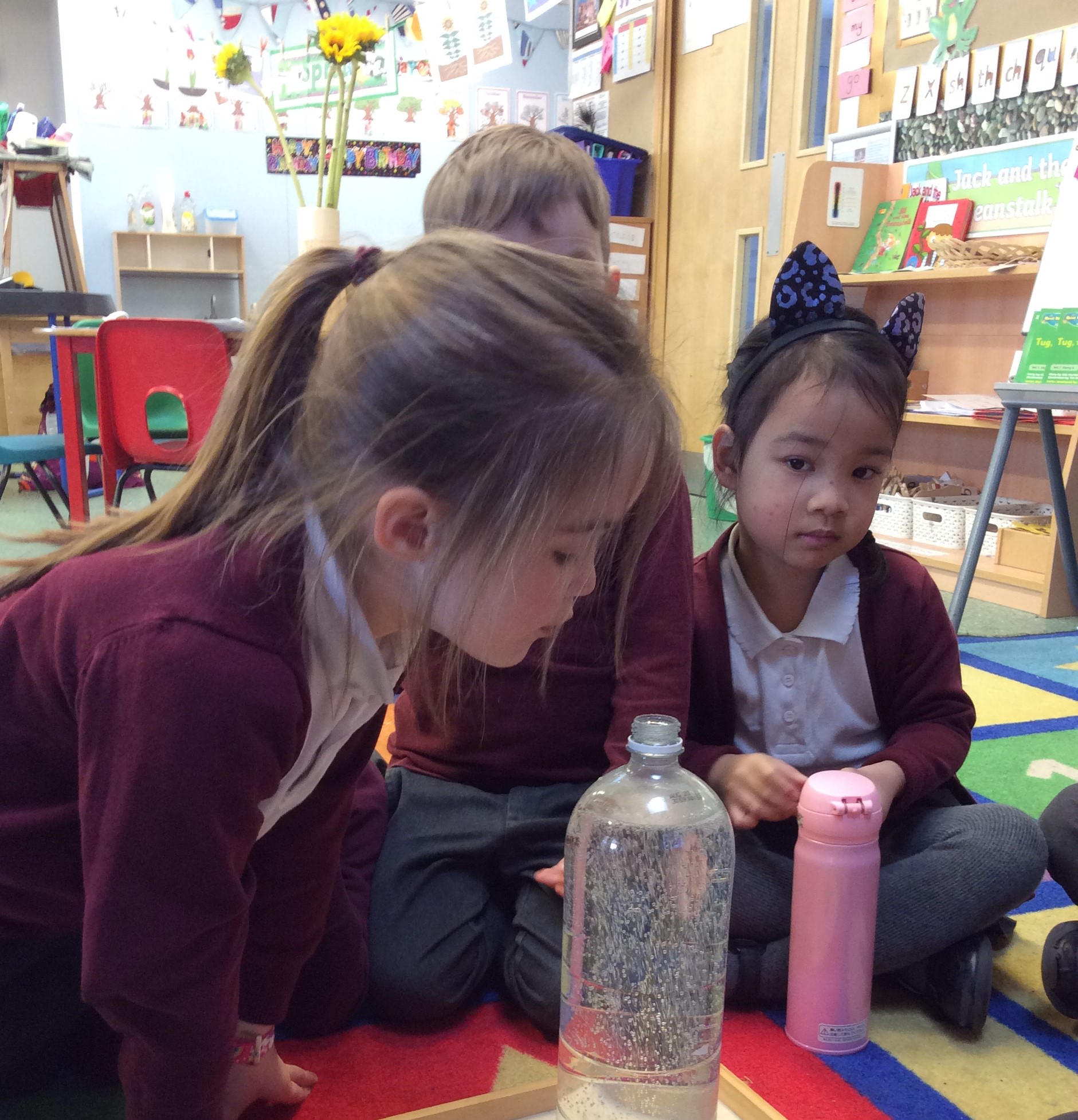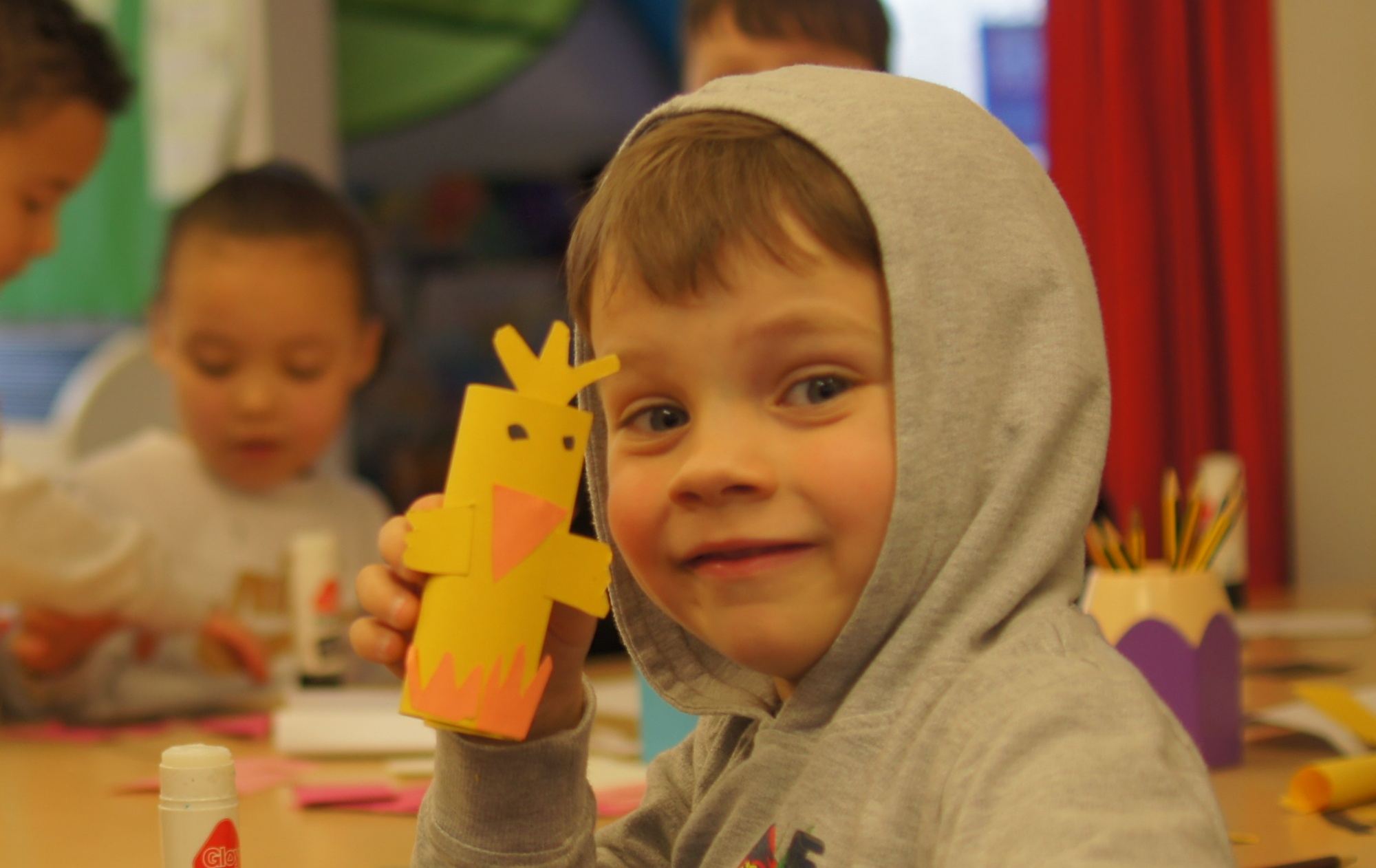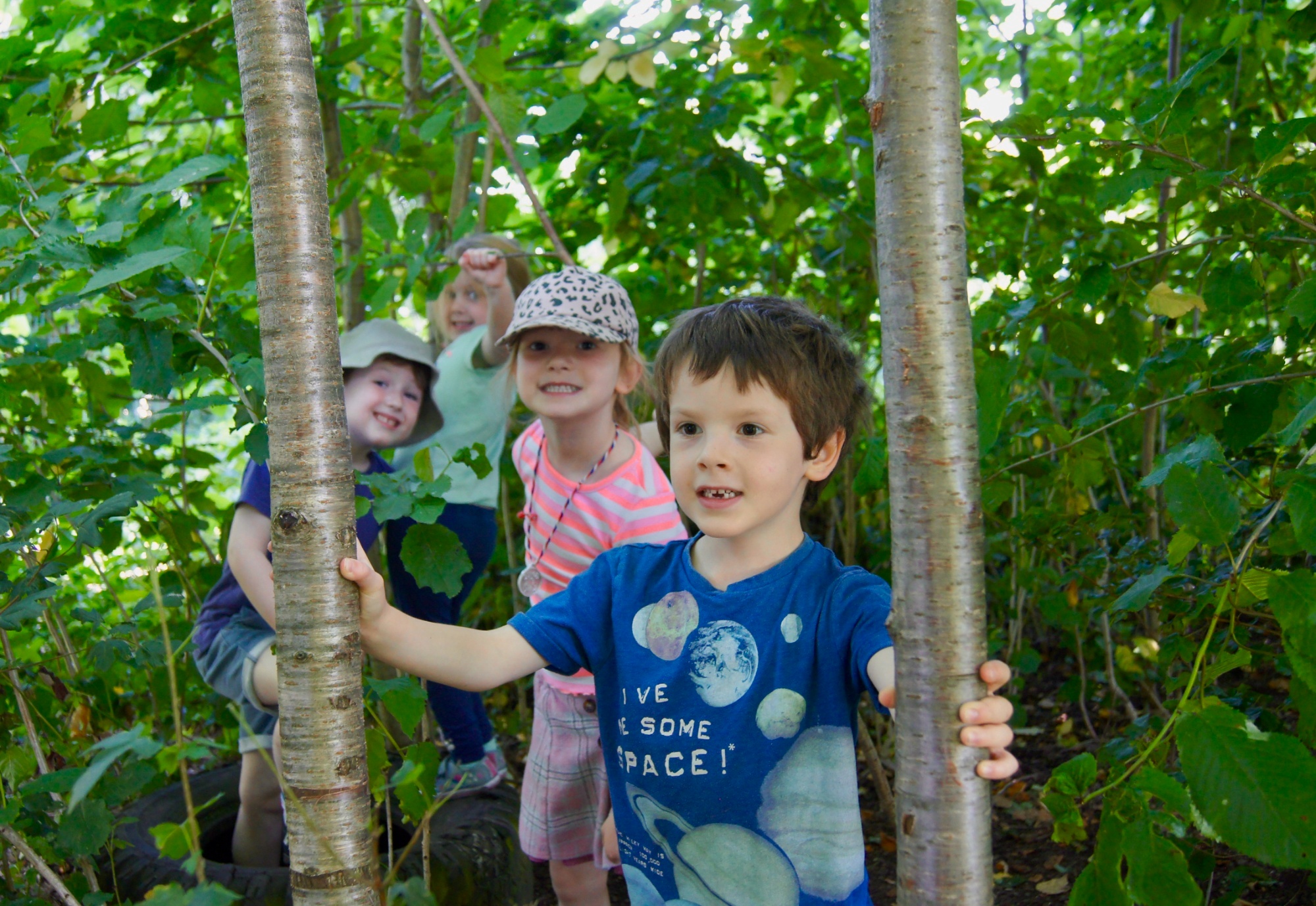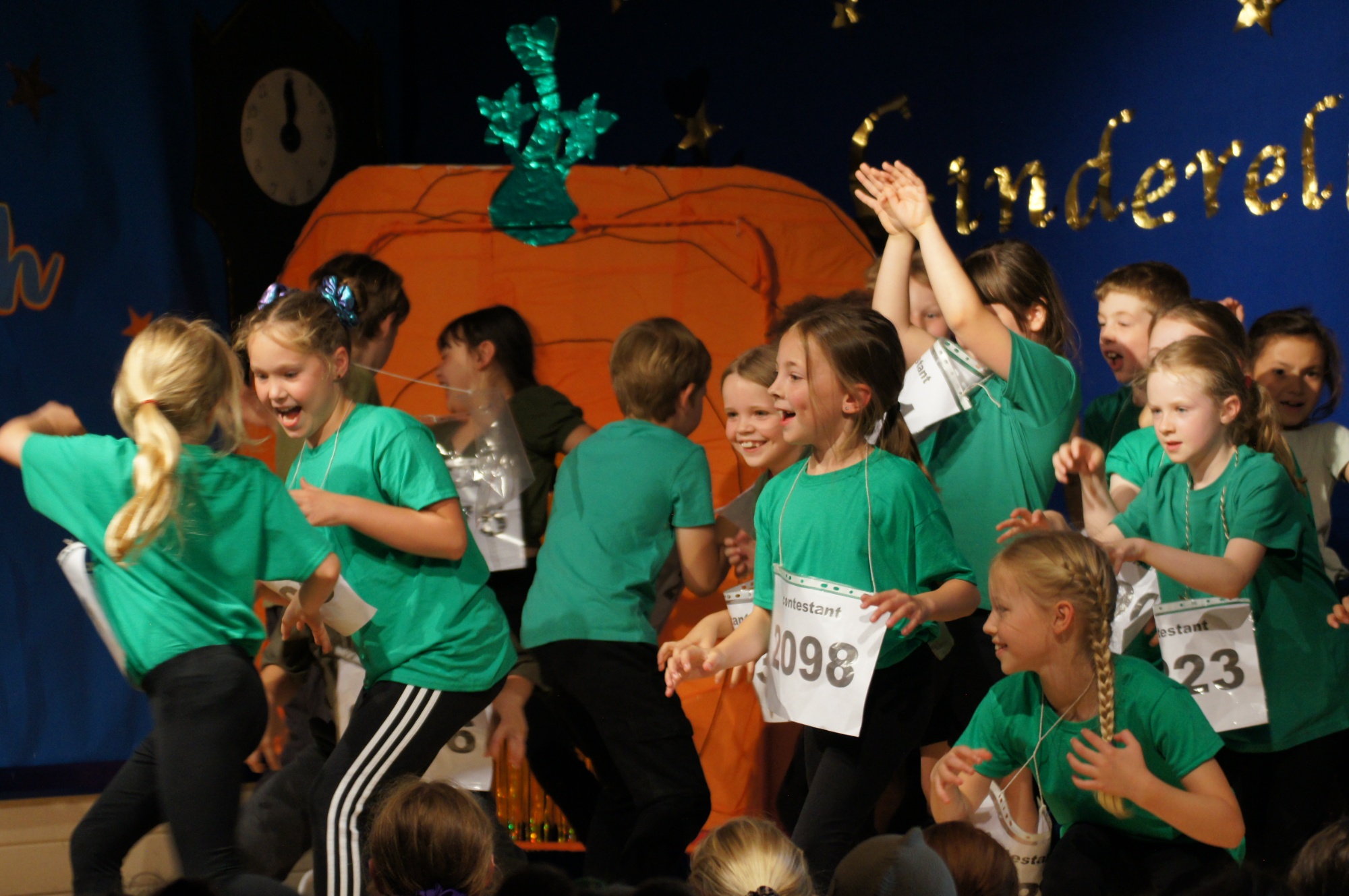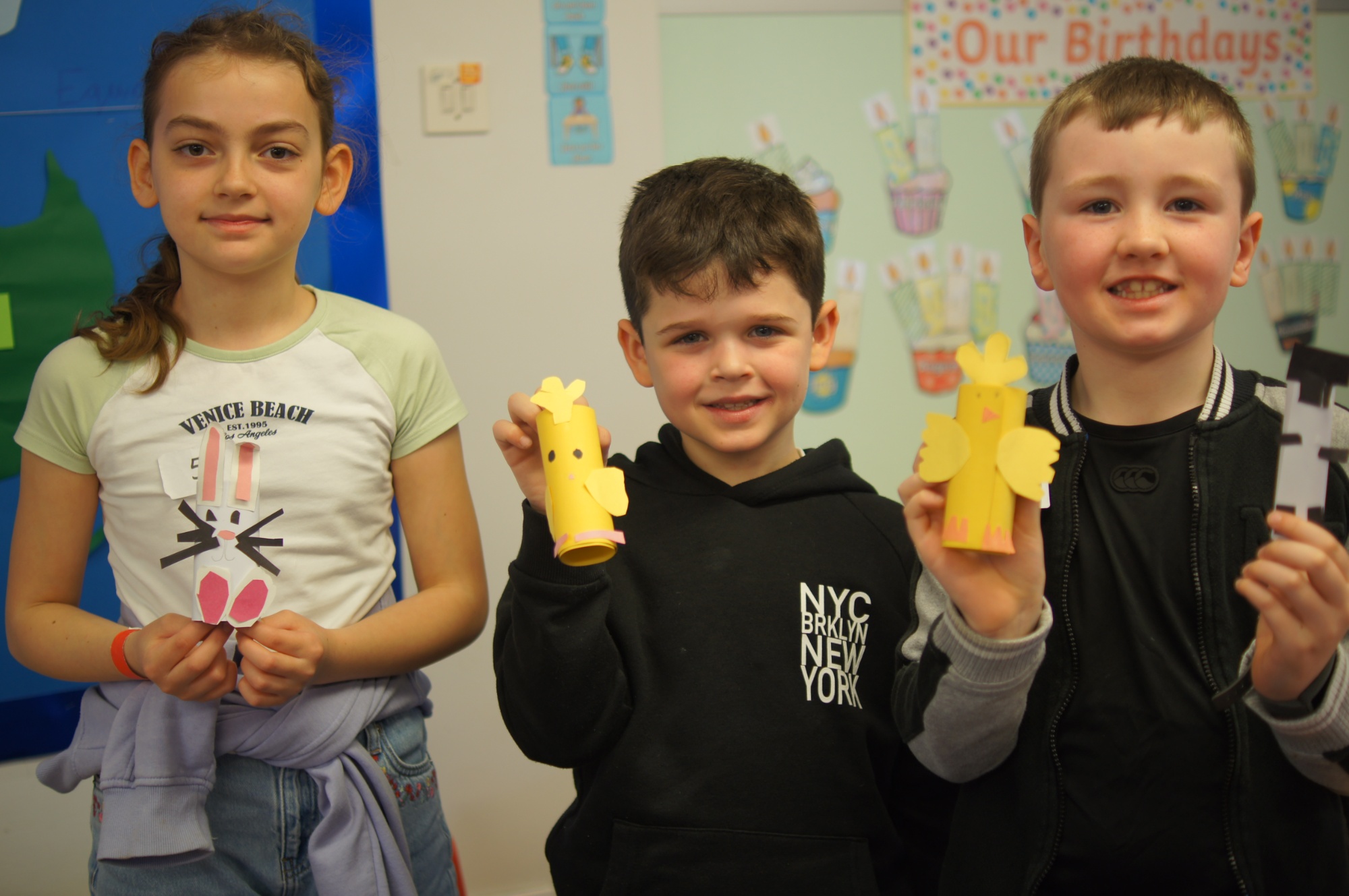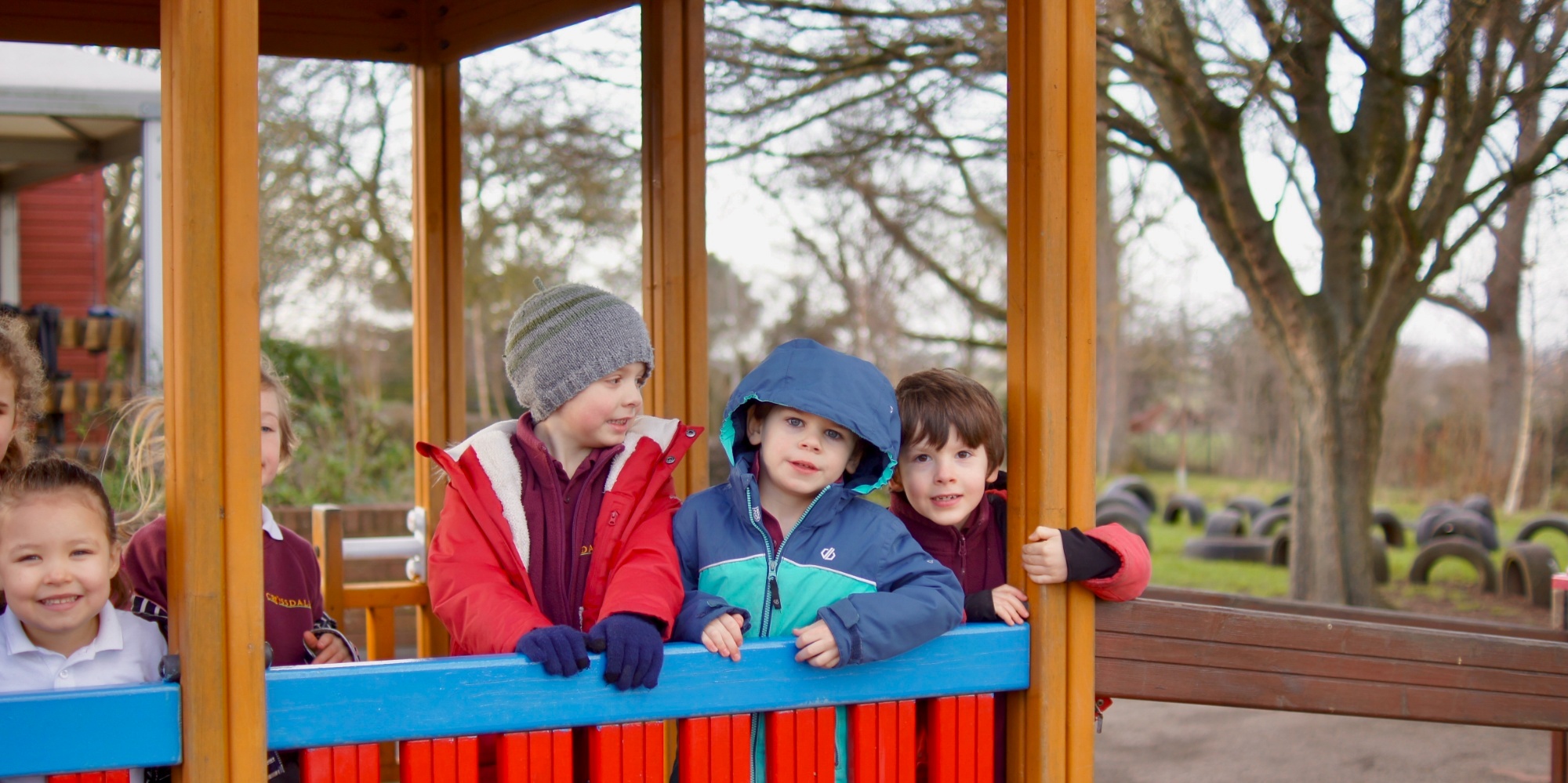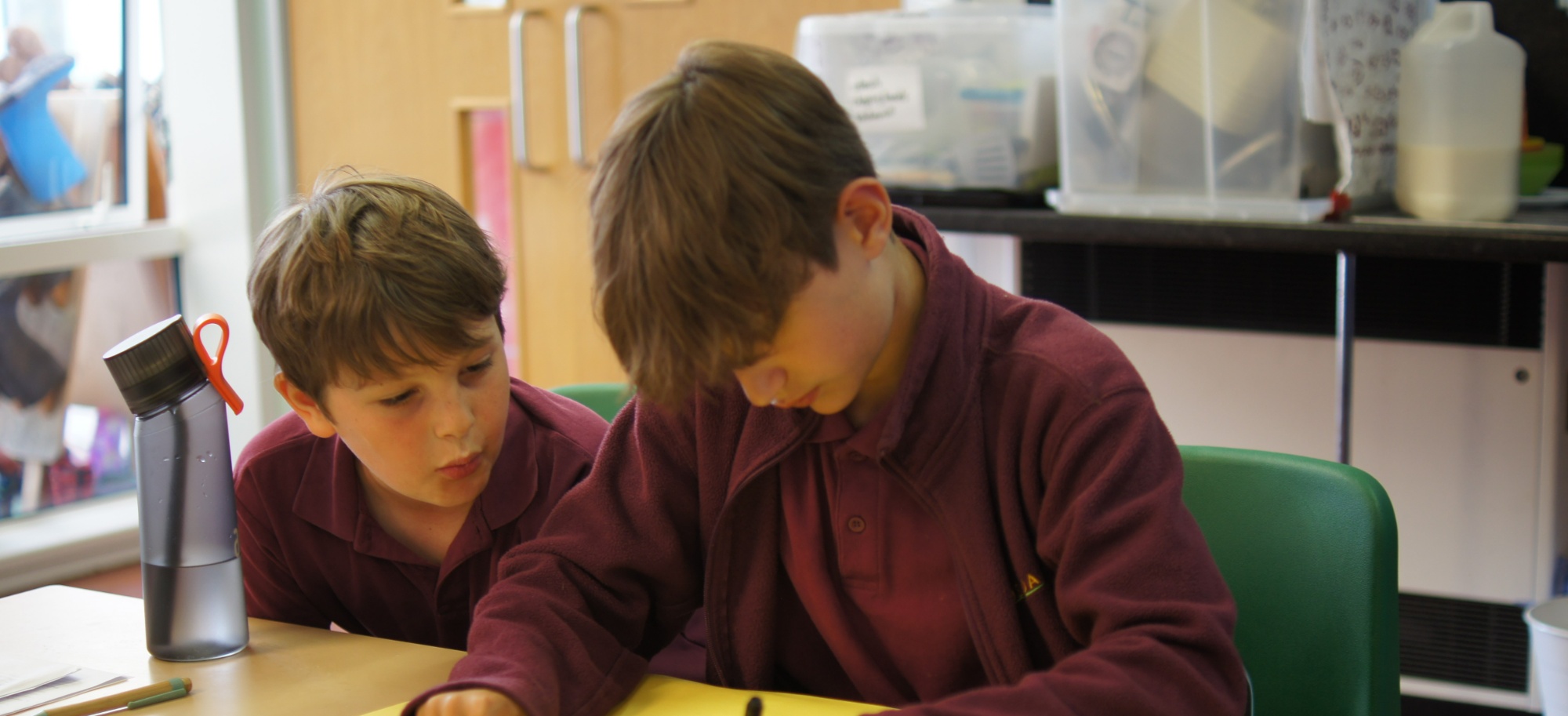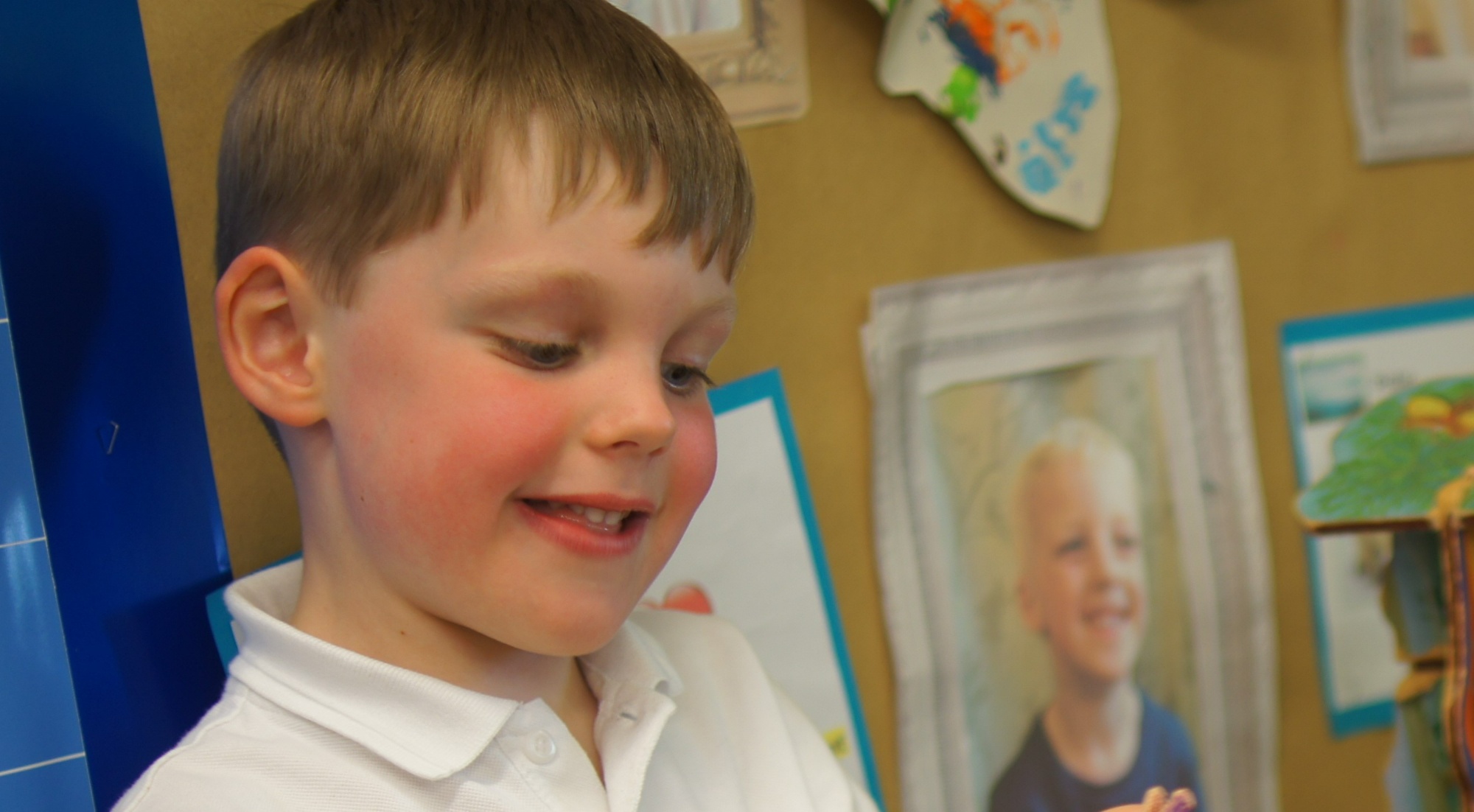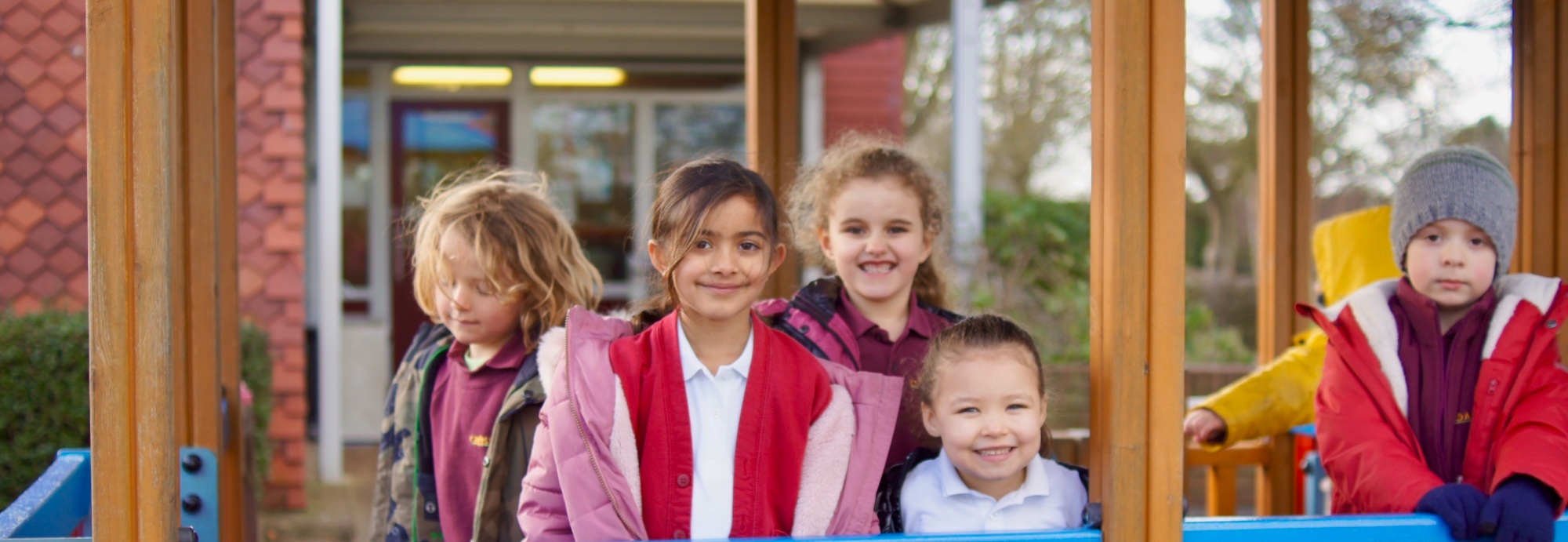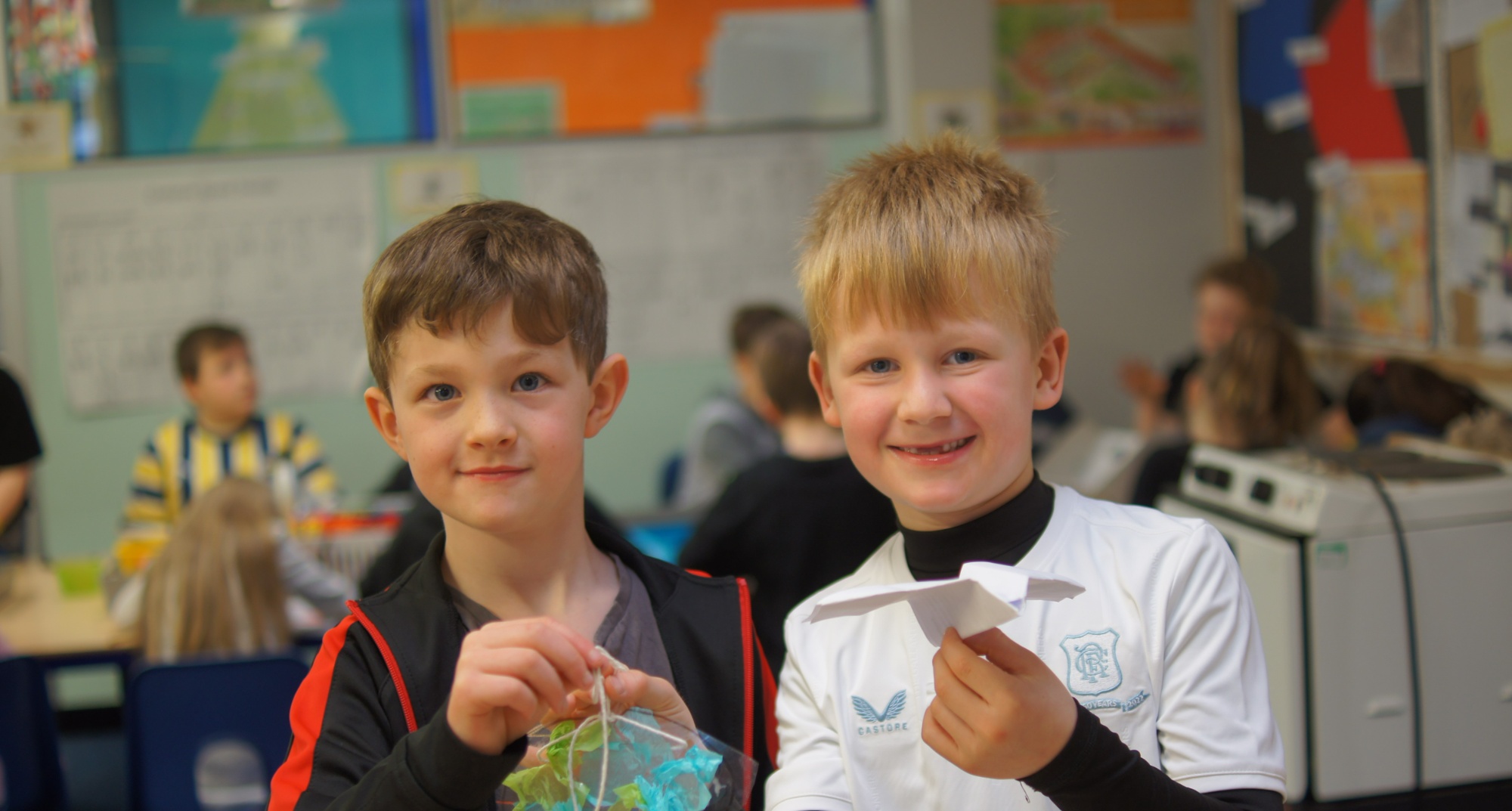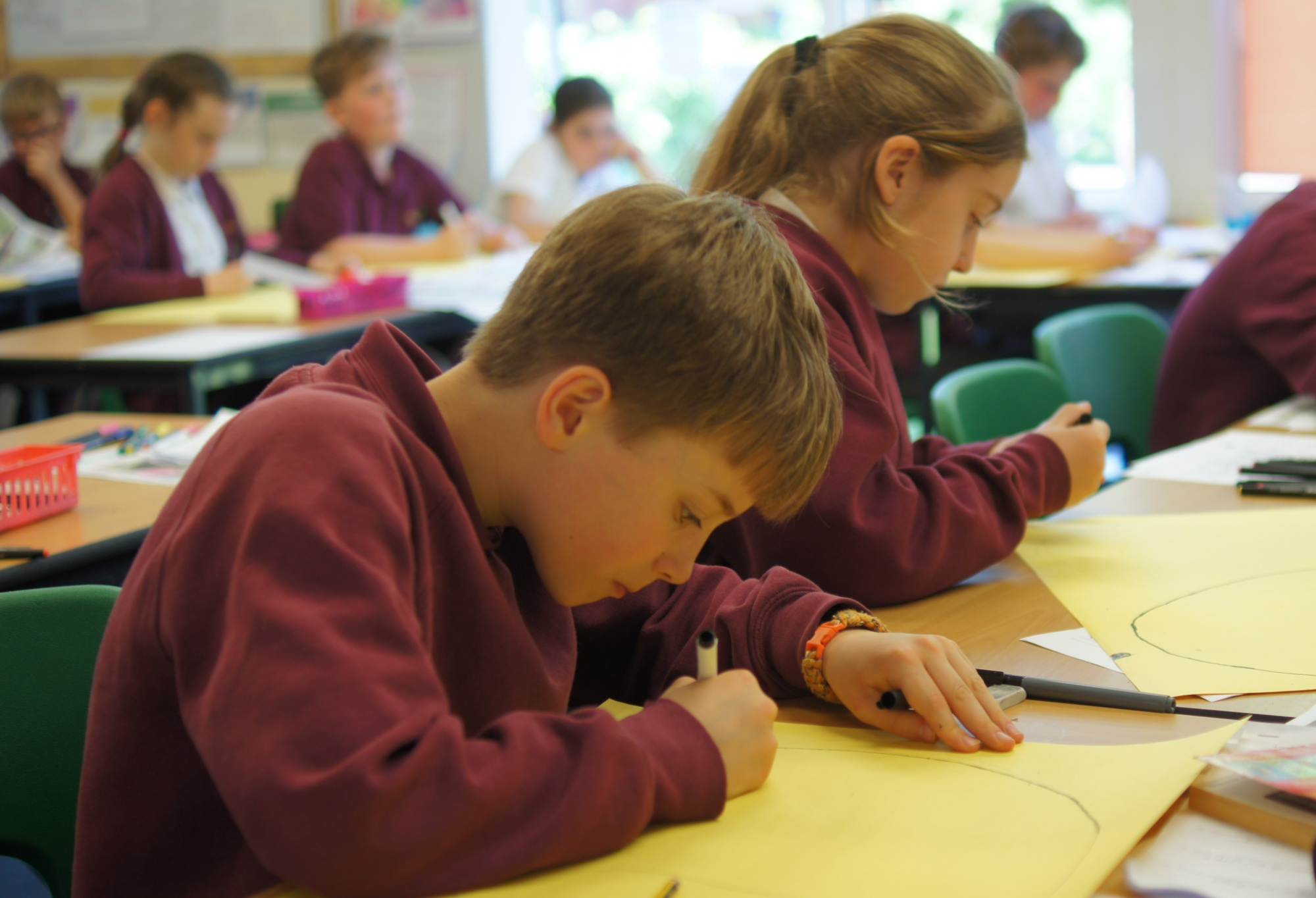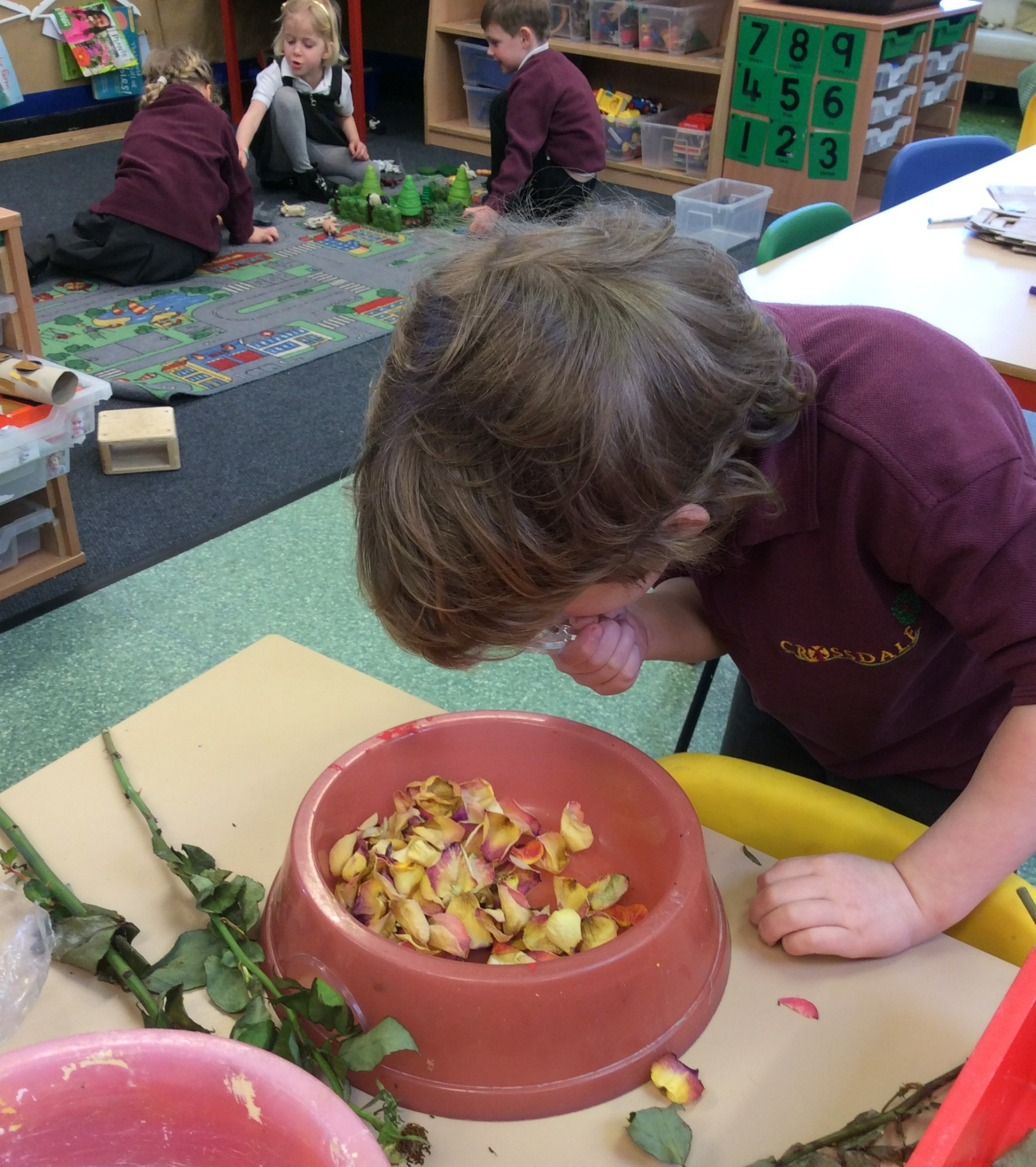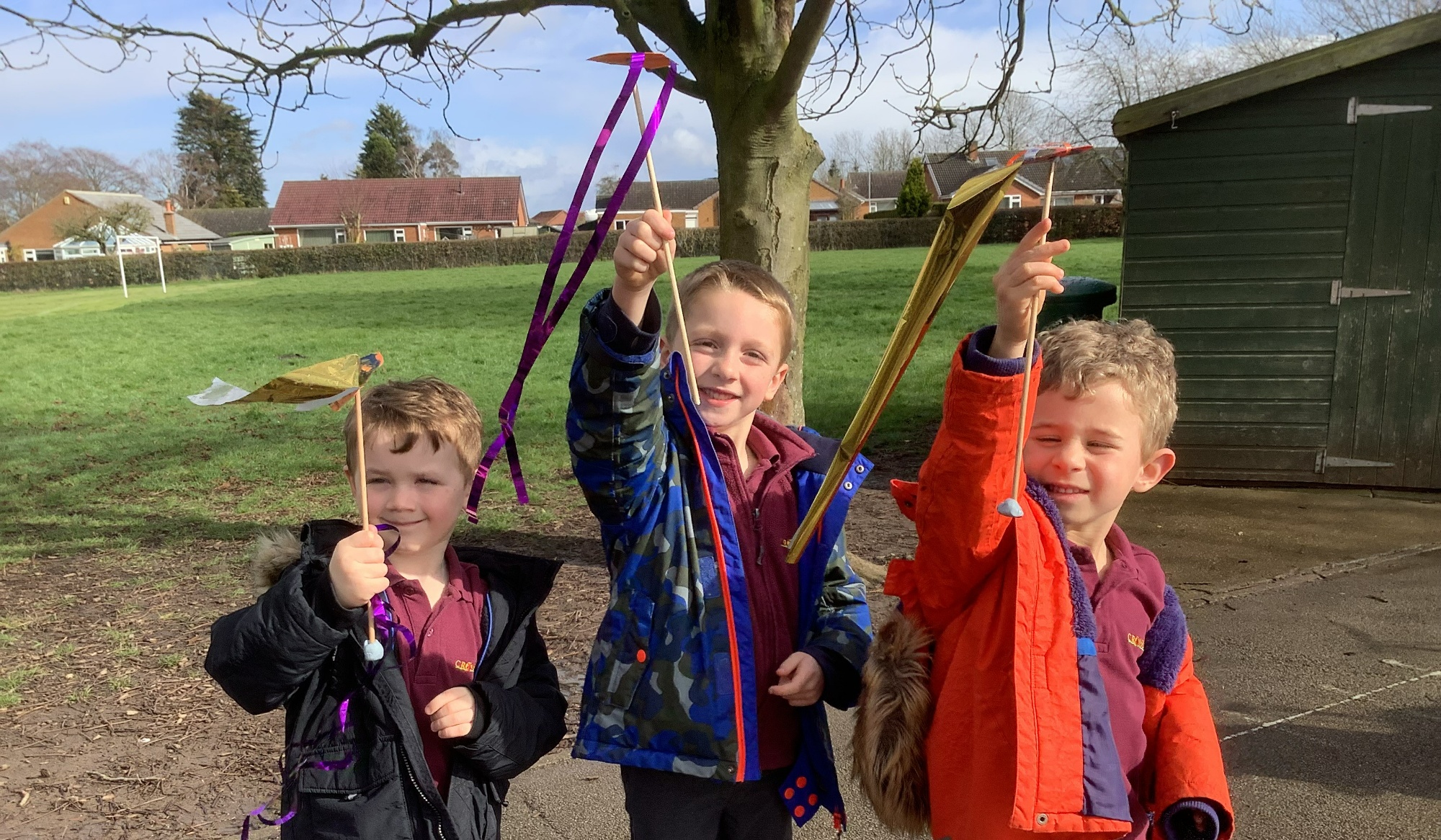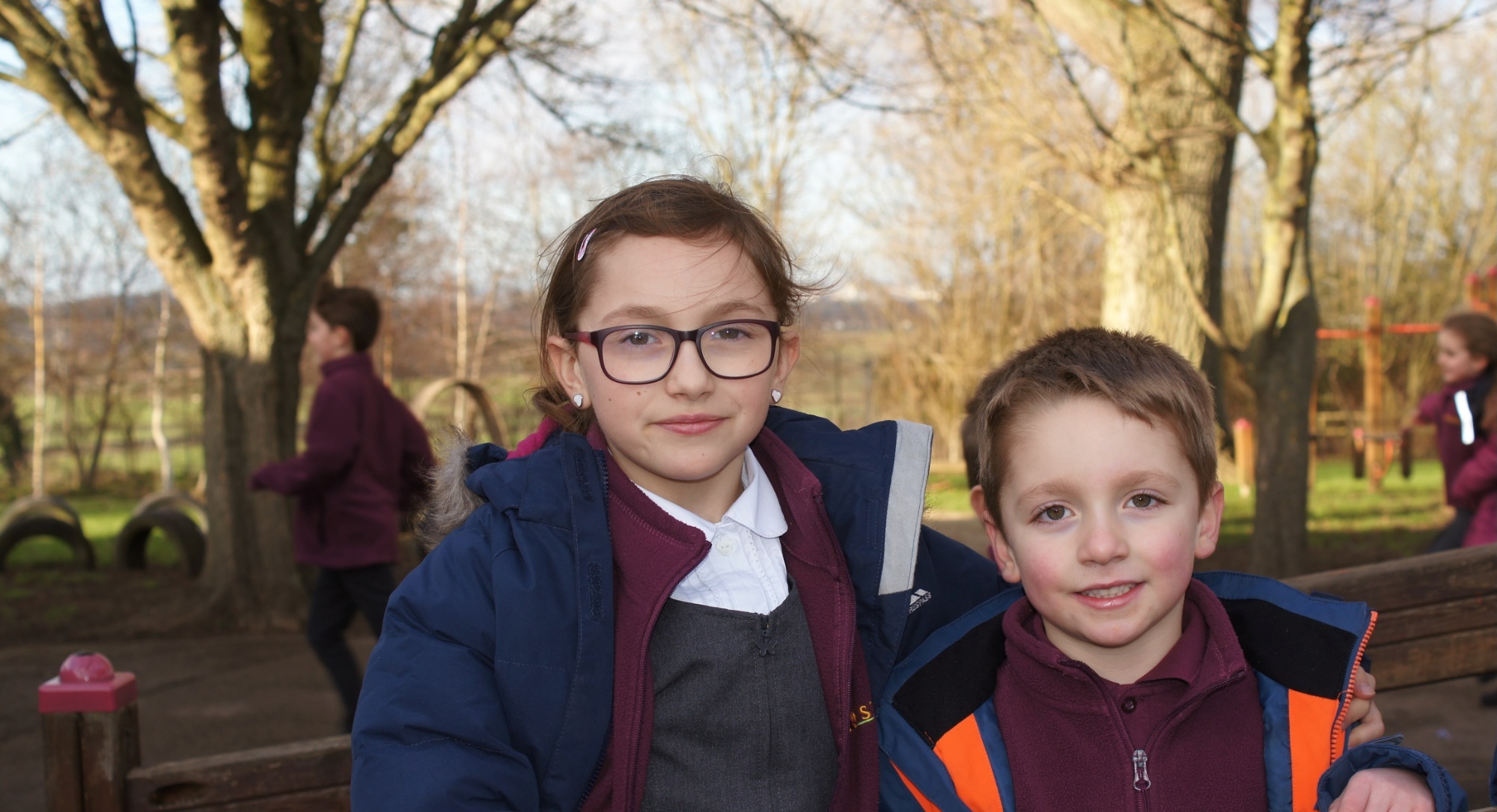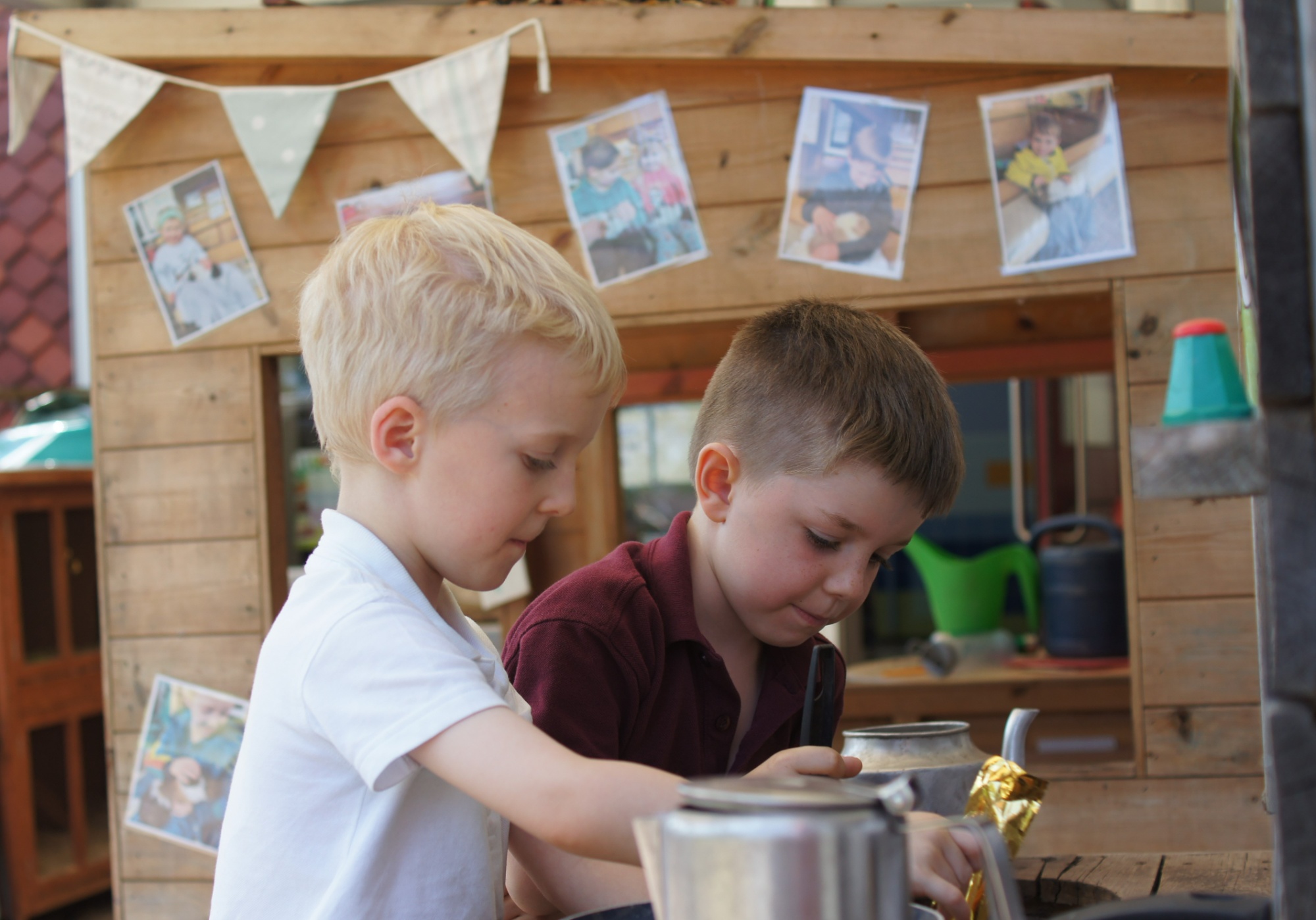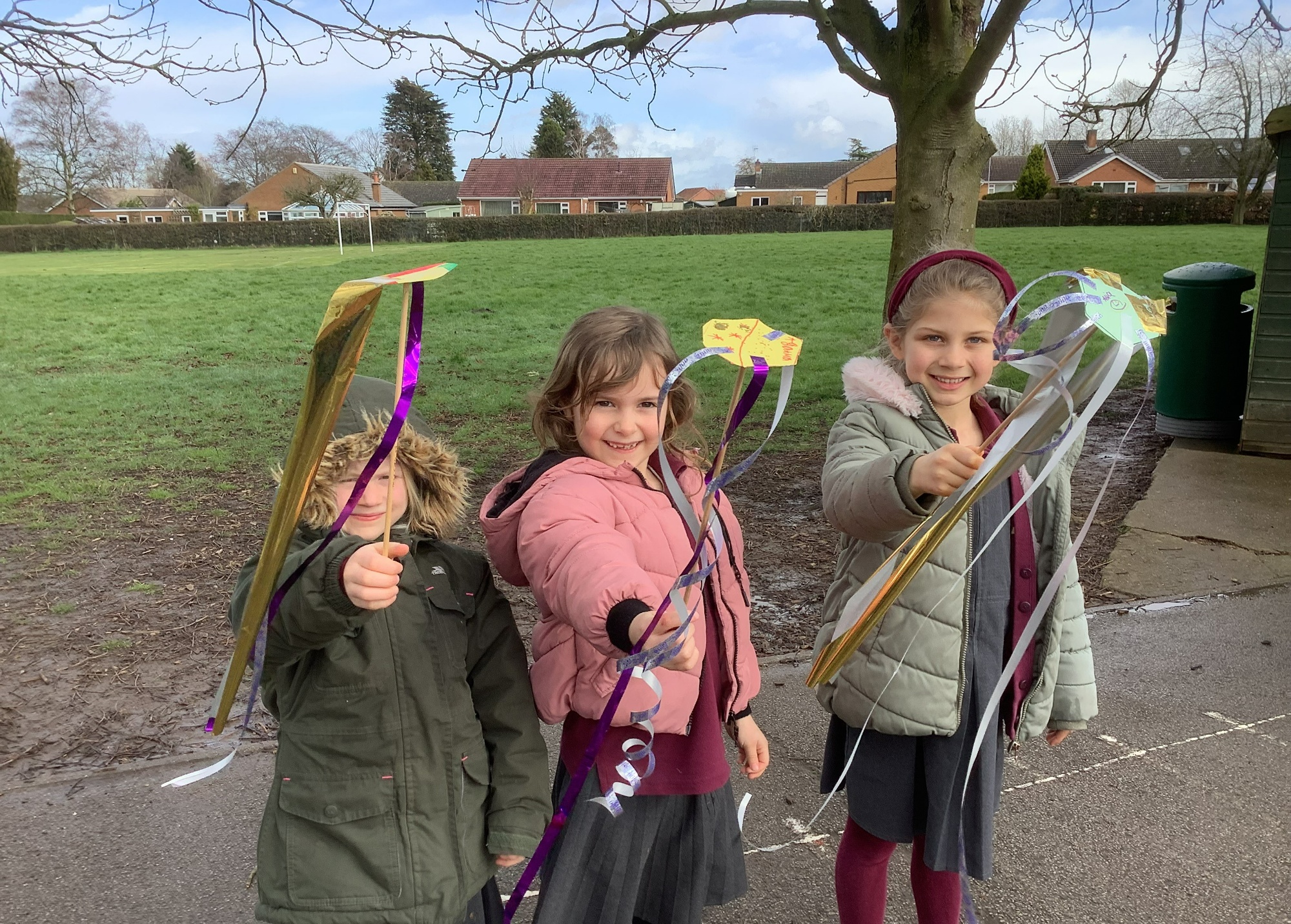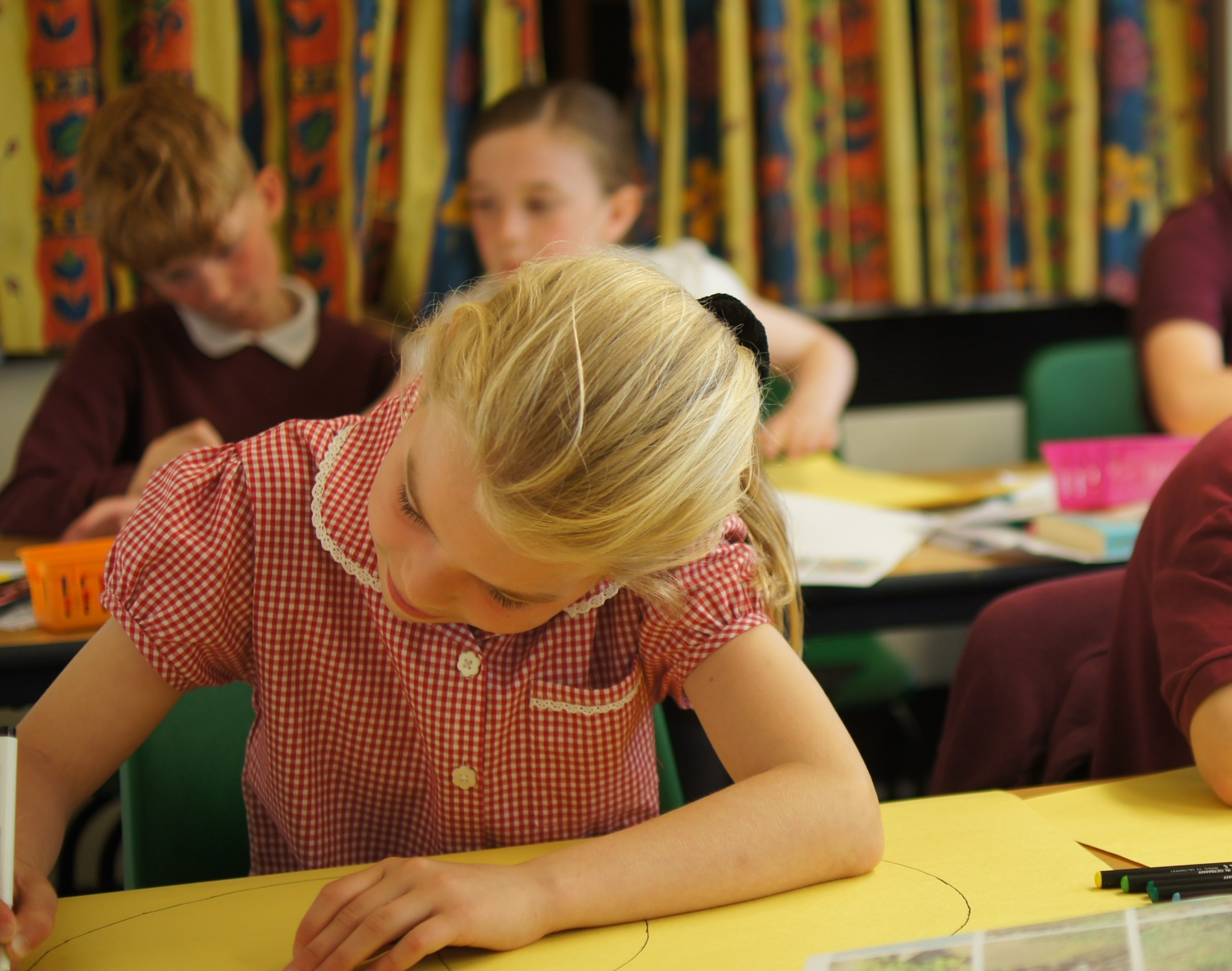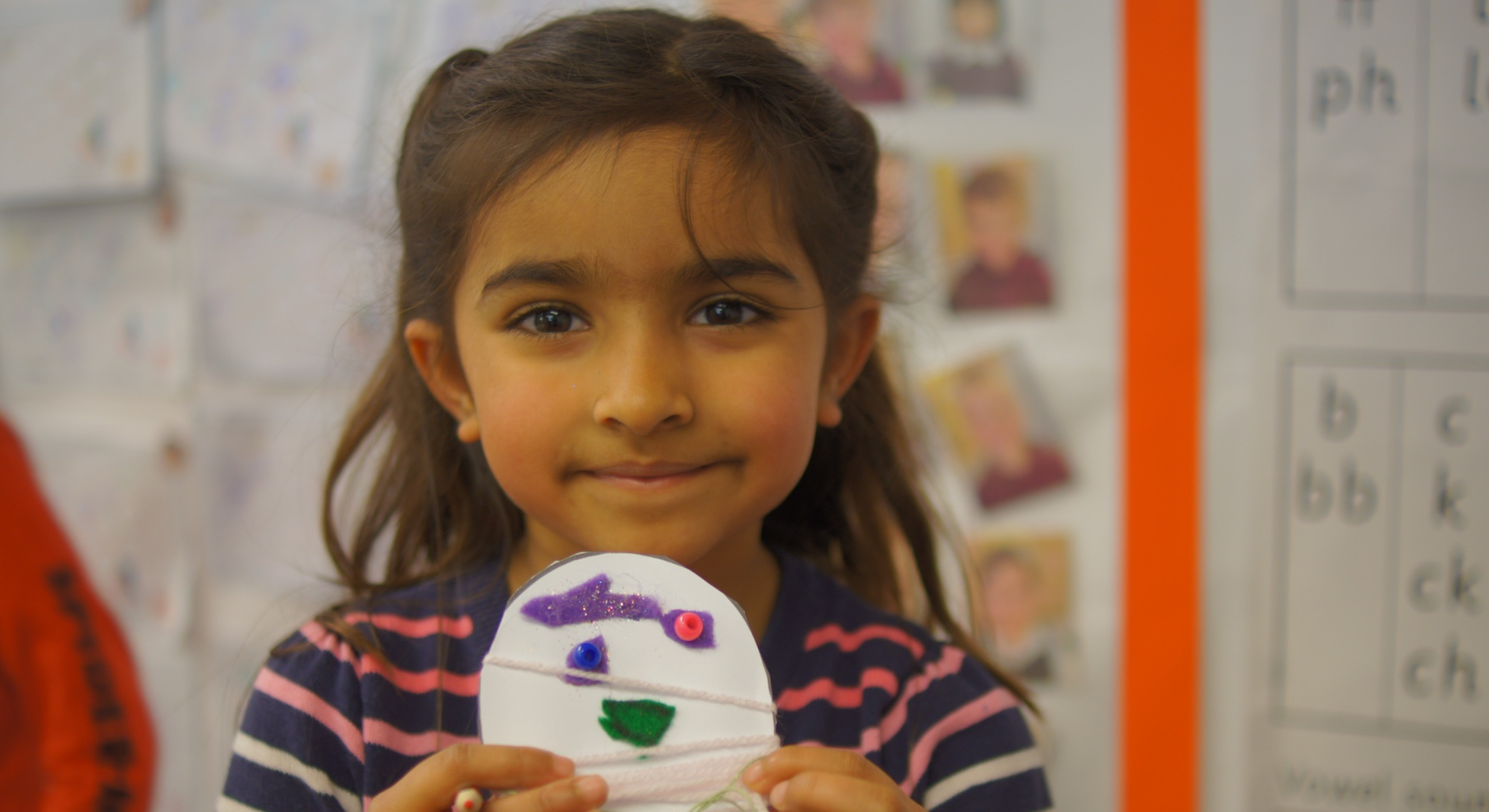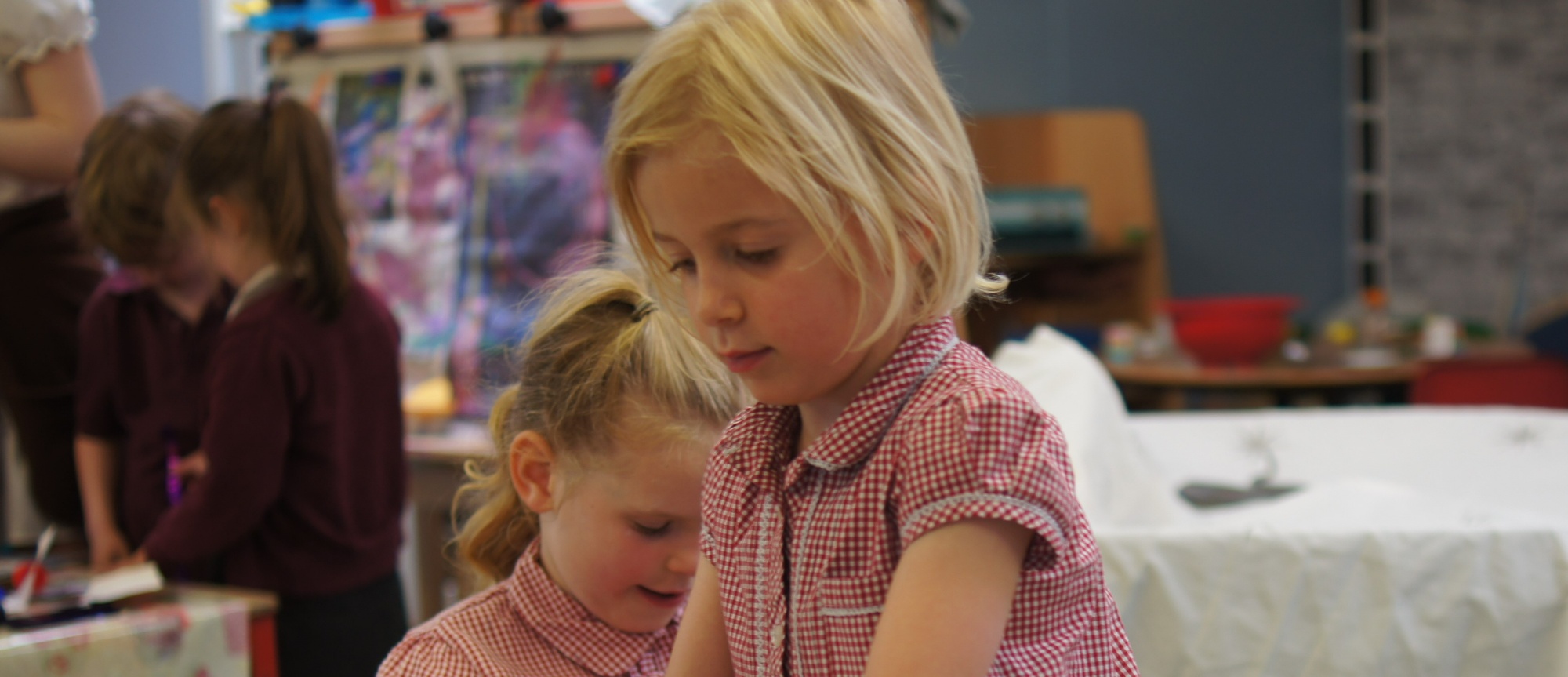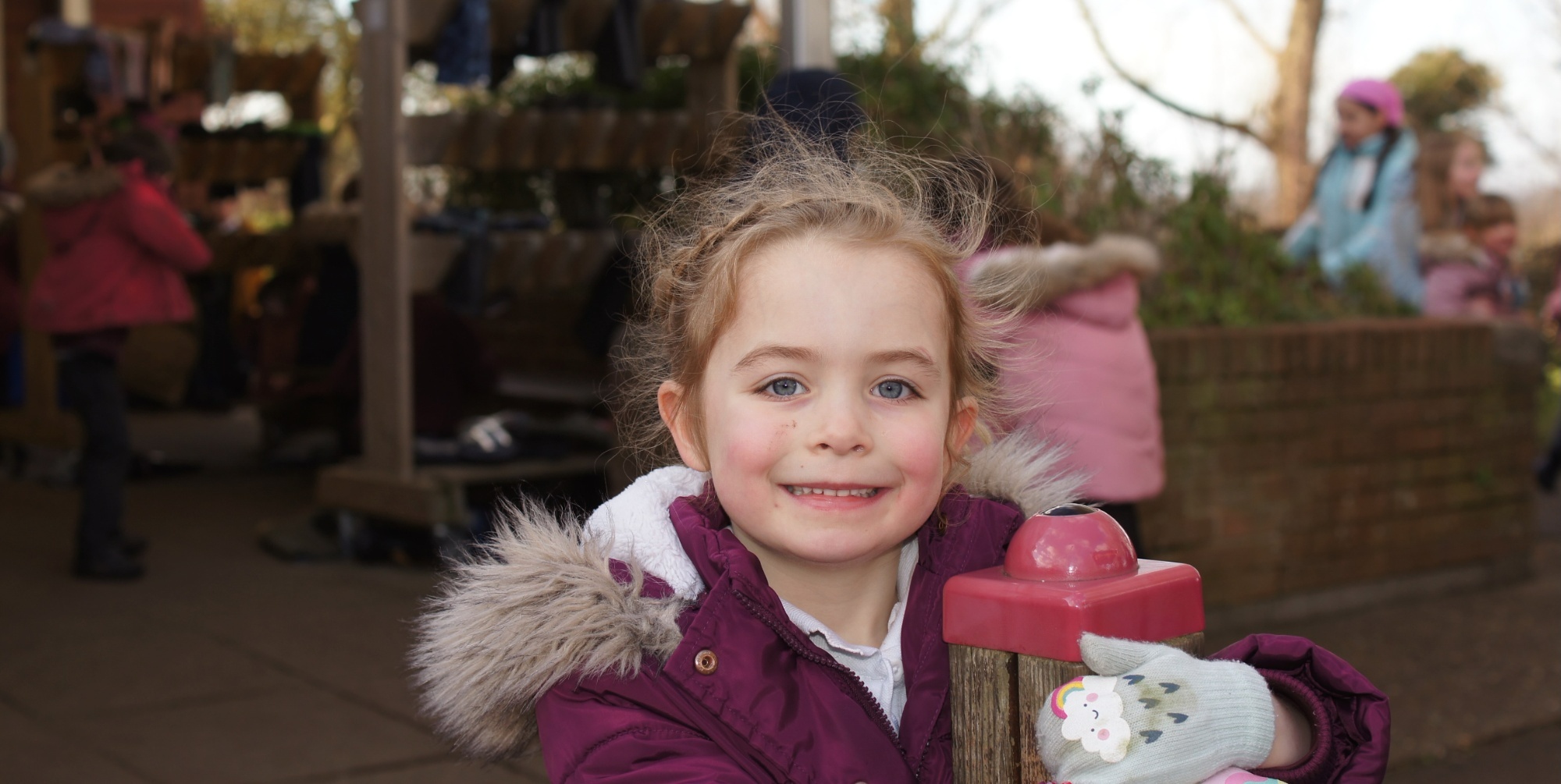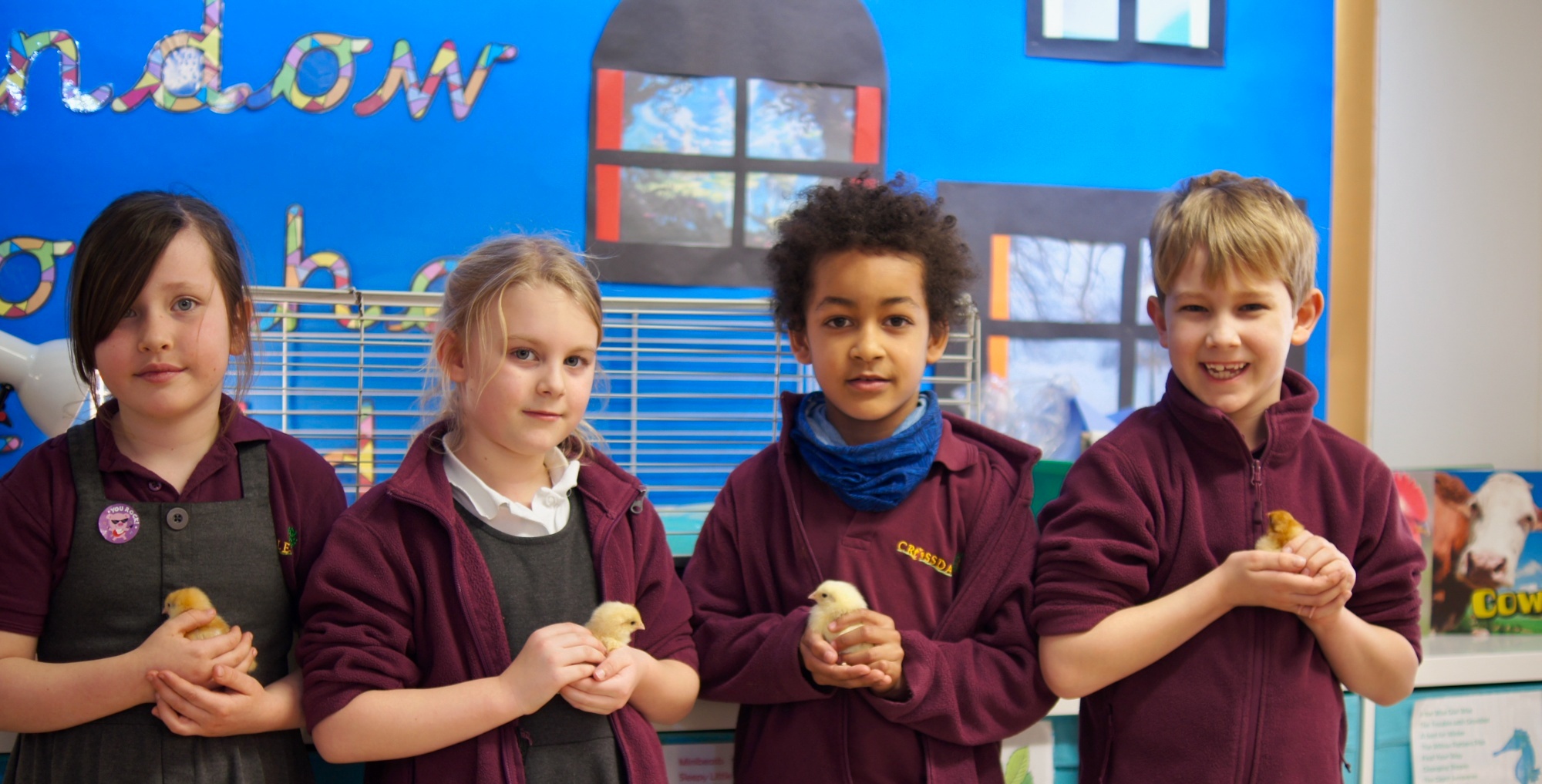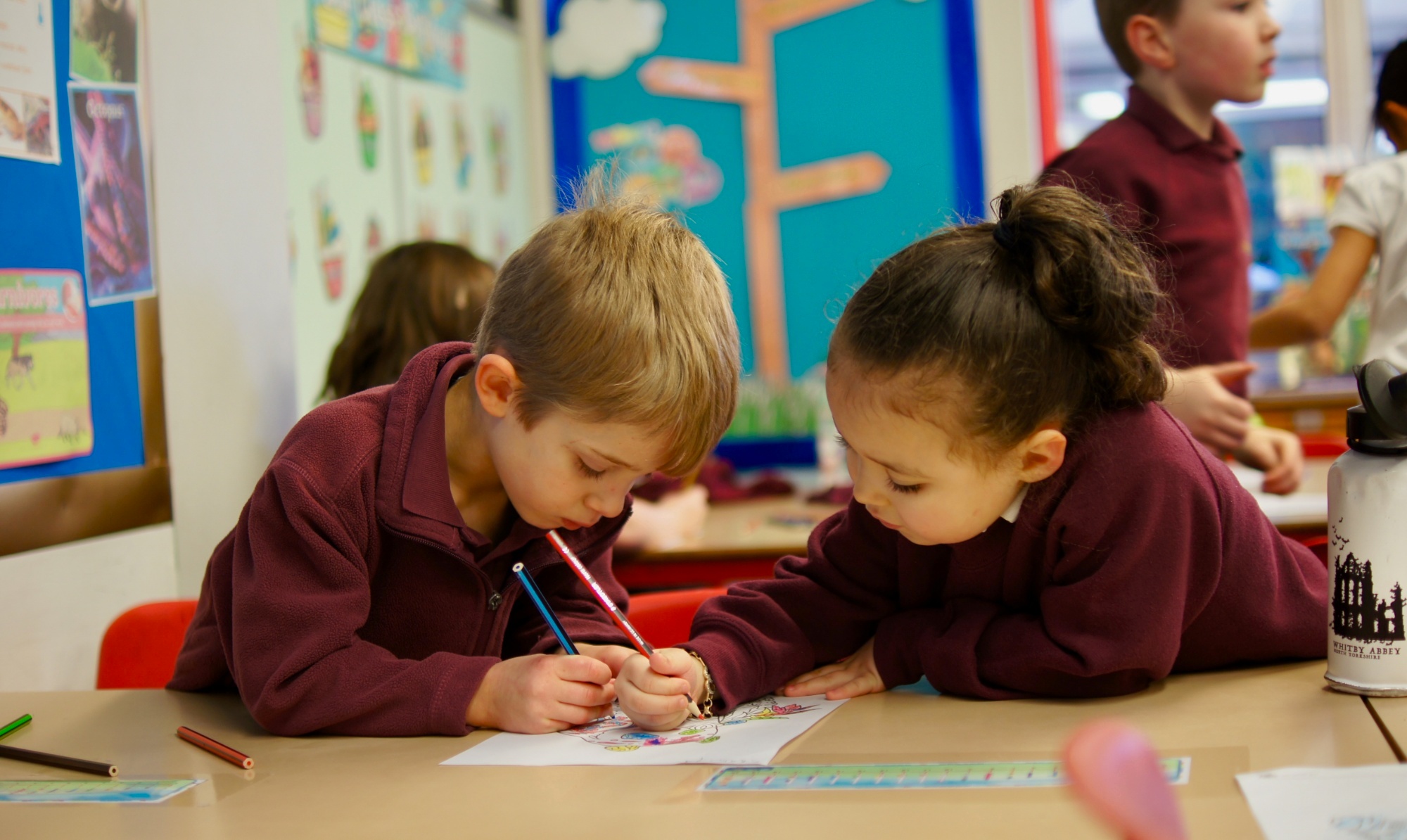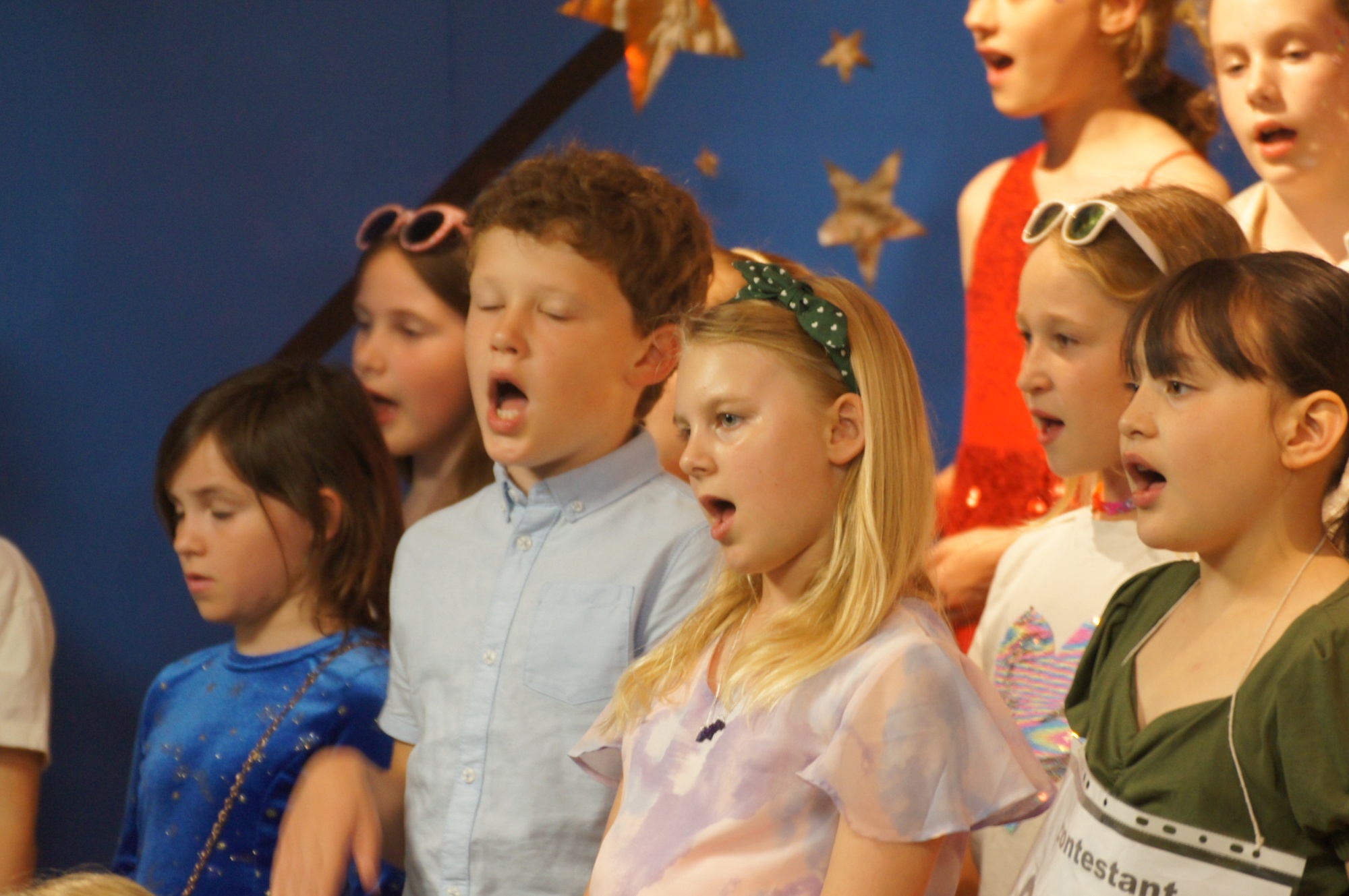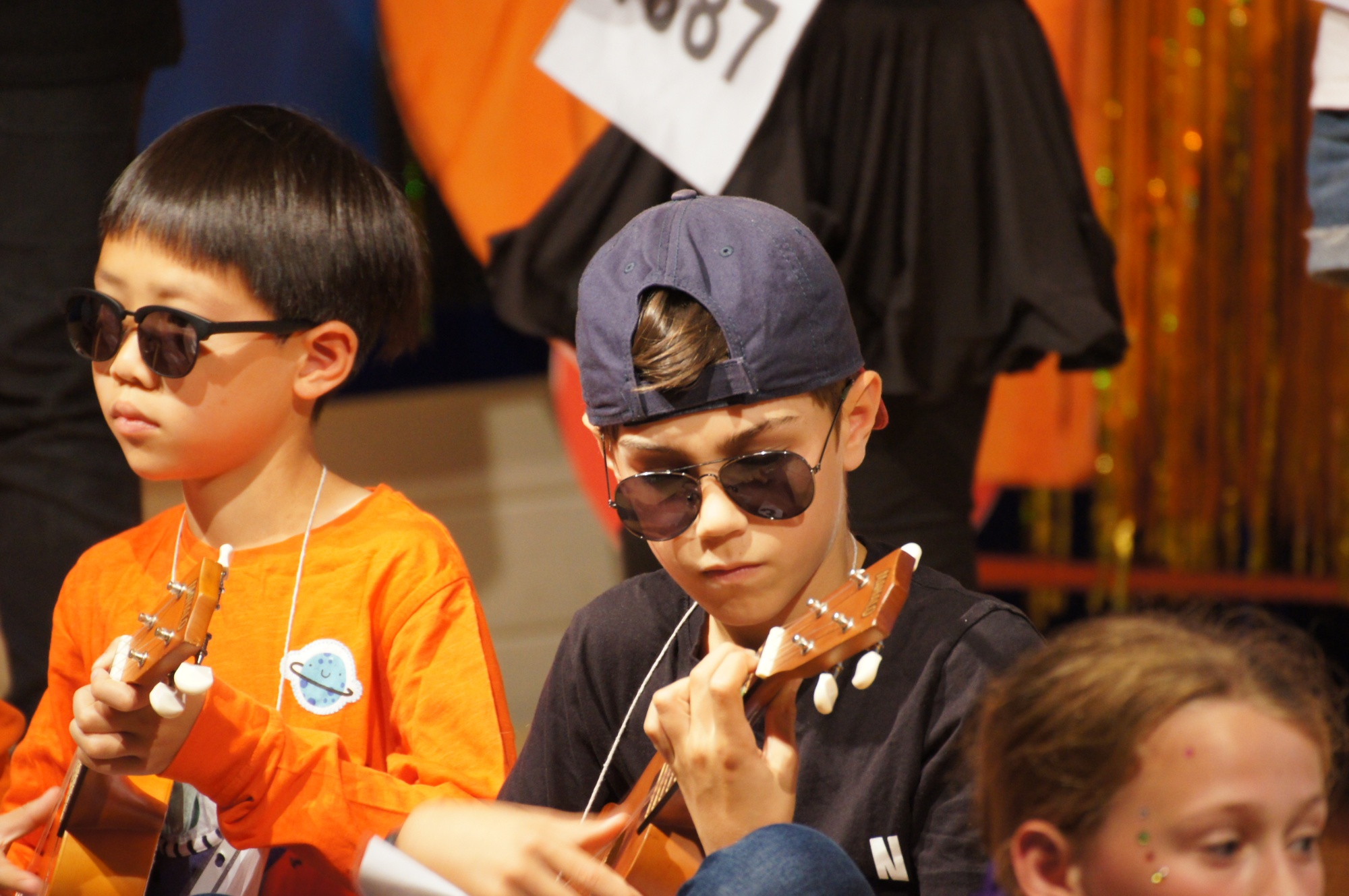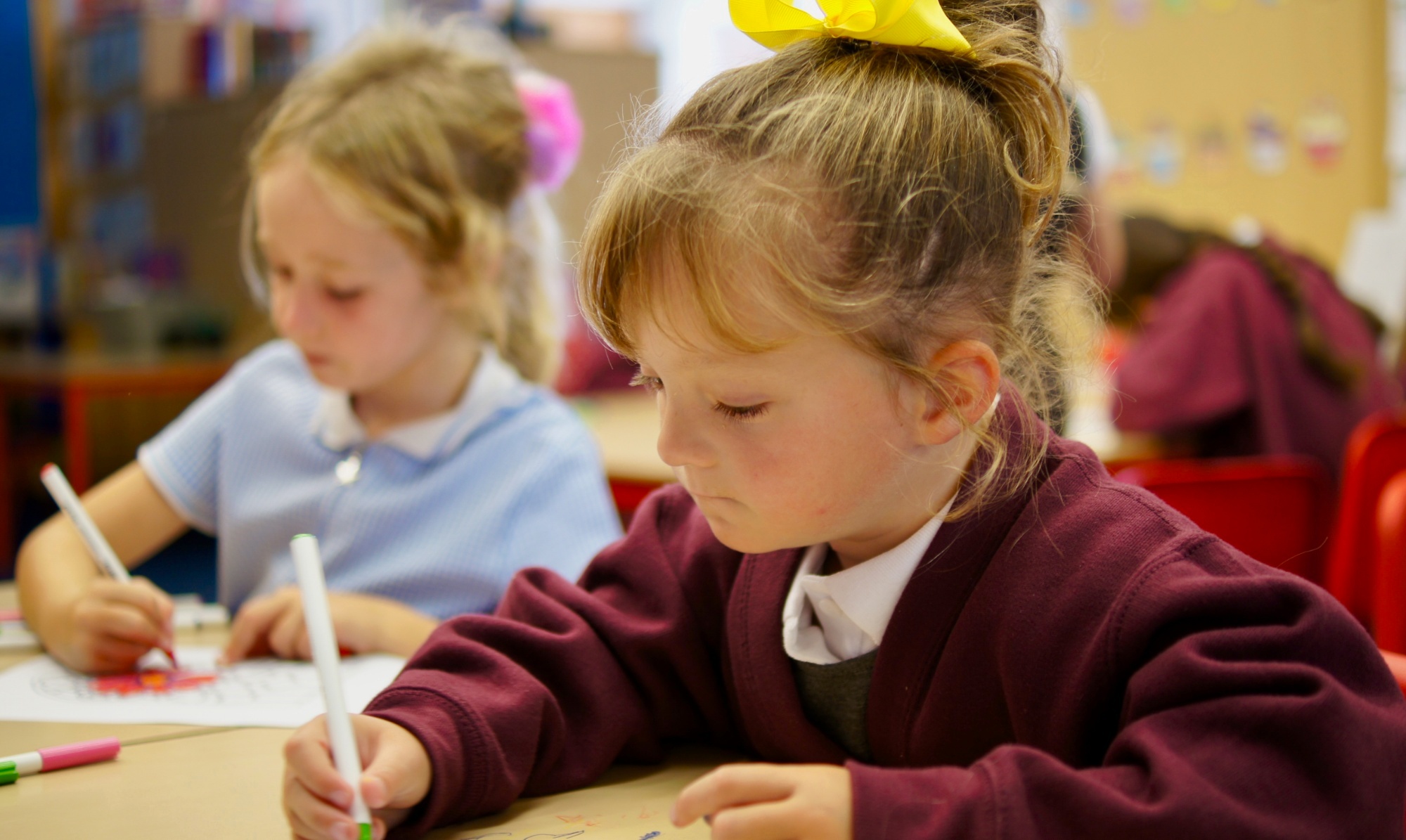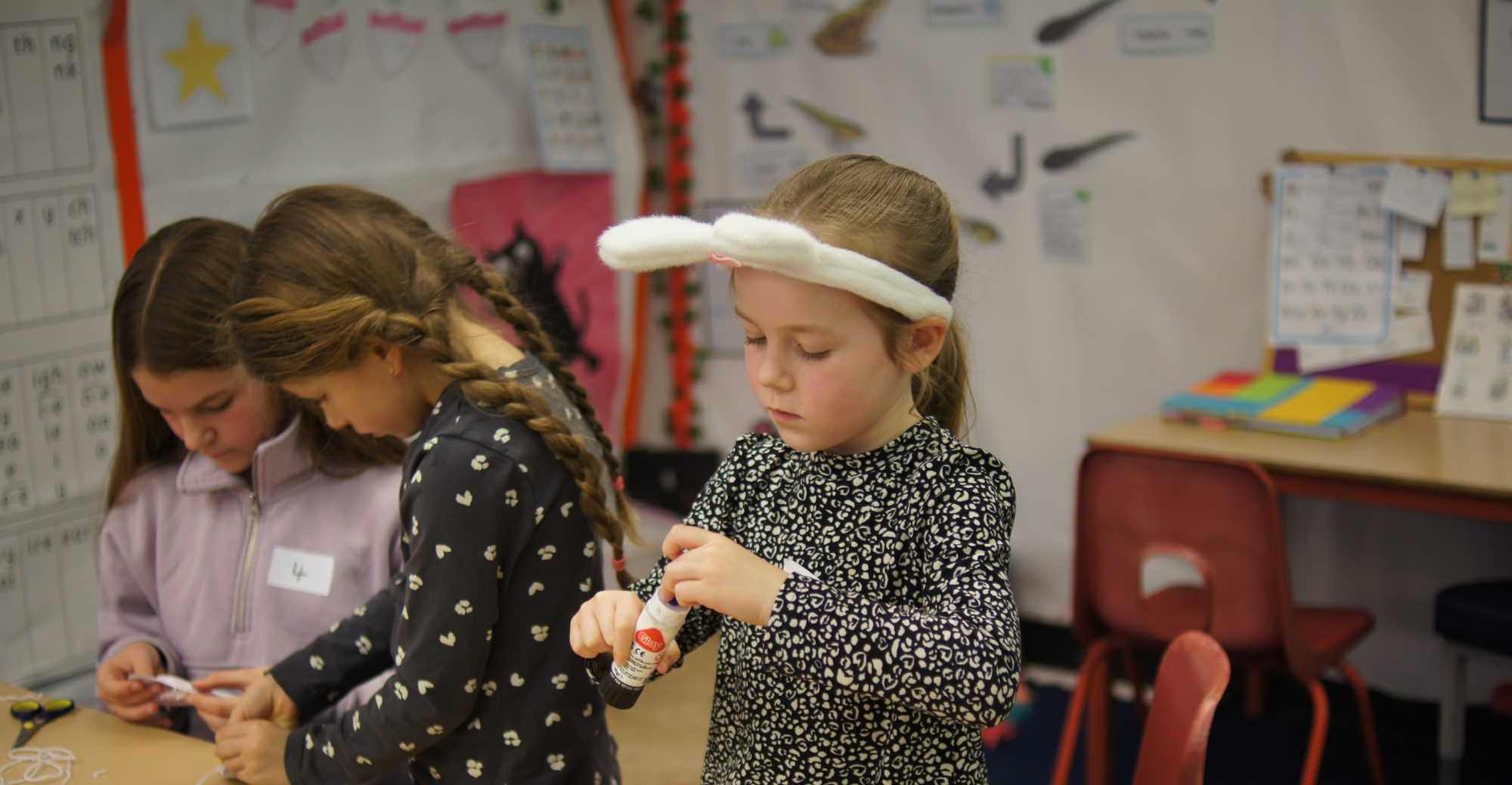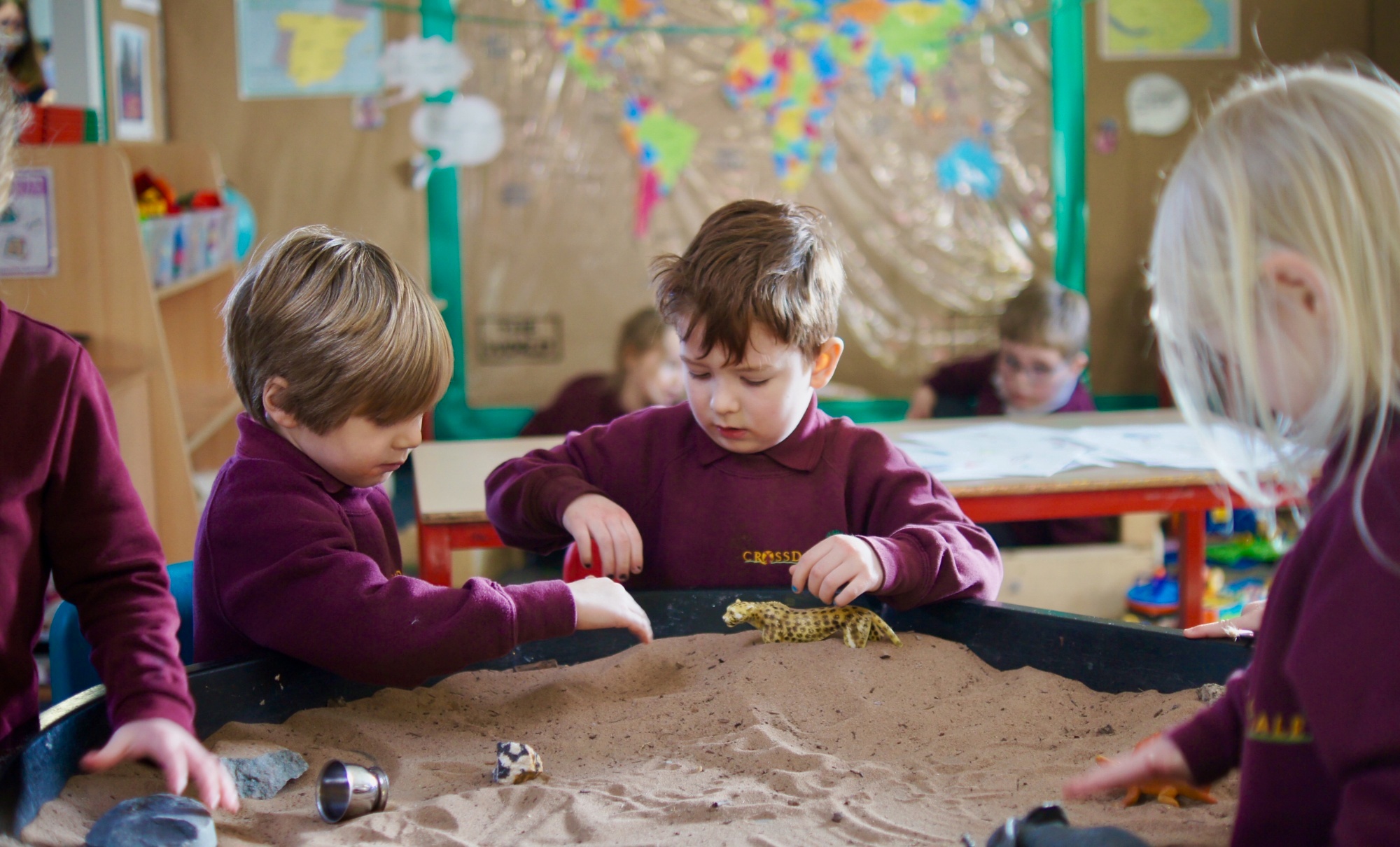Religious Education
At Crossdale we believe that it is fundamentally important to give our young pupils opportunities to discover more about the multi-cultural society that we are so fortunate to be a part of. Through Religious Education, we aim to give our children the tools to create and be a part of a community of mutual respect, tolerance and acceptance of other beliefs and customs, as well as an awareness of the different lifestyles that many of our community members with religious and non-religious views of the world may lead. We encourage the children to think about their impact on the world around them with our school code of conduct, The Crossdale Way, which has British Values at its heart, and blends seamlessly with the ideals taught and explored in Religious Education at our school.
At Crossdale, we aim to:
- Promote pupil’s spiritual, cultural, social and moral development
- Build a knowledge and understanding about different faiths globally
- Understand that RE lessons are a structured, safe place to explore and express opinion as well as a time for reflection
- Encourage pupils to engage in discussion, dialogue and debate which enables them to make their reasoning clear
- Enrich the RE curriculum with faith visits and visitors to school
- Allow for timely, sensitive, and child-friendly responses to be made to local, national or global events of a religious, moral or philosophical nature (where appropriate)
We will implement our vision by looking through a ‘theological lens’. As theologians, children will be taught to use the language and terminology of RE and different faiths and to reflect on their knowledge and understanding of faiths though three strands; loving, believing and thinking.
Living:
Show knowledge and understanding of…
- Core concepts; being able to identify that different people have different beliefs and describe and explain the differences between beliefs and religion.
- Connections between religious practice and content; describe and identify the ways festivals compare and how belief traditions vary in different areas around the world.
- The way beliefs impact individuals; identify ways beliefs impact daily life, make connections between beliefs and show understanding that a range of beliefs affect individuals.
- The way community can impact religious practice; describe ways people practise their beliefs as a community and explain the importance of community within their traditions
Believing:
- Engaging with key beliefs through analysis of texts; retell a story and be able to explain what it means.
- Making connections between beliefs; recognise a link between a story and a belief and be able to identify and explain connections.
Thinking:
- Articulating how and whether things make sense; be able to ask questions about the world around them and identify and analyse different ways in which people think about the world.
- Showing awareness of different approaches; make connections, understand and begin to explain the distinctions between believing and knowing.
- Showing evidence; Use reasons and evidence to support personal opinion and begin to analyse the strengths and weaknesses of evidence.
Curriculum Documents
See the 'Crossdale RE Curriculum' document below for:
- Page 4: Elements of RE document.
- Pages 5-6: Whole school RE overview, including Religious Education for All agreed syllabus for Nottinghamshire coverage.
- Pages 7- 11: Subject element vocabulary and lens strand progression for each year group.
- Pages 14-26 : Progress in Working Scientifically and application in related substantive context.
- Pages 27-29: National Curriculum Coverage.

